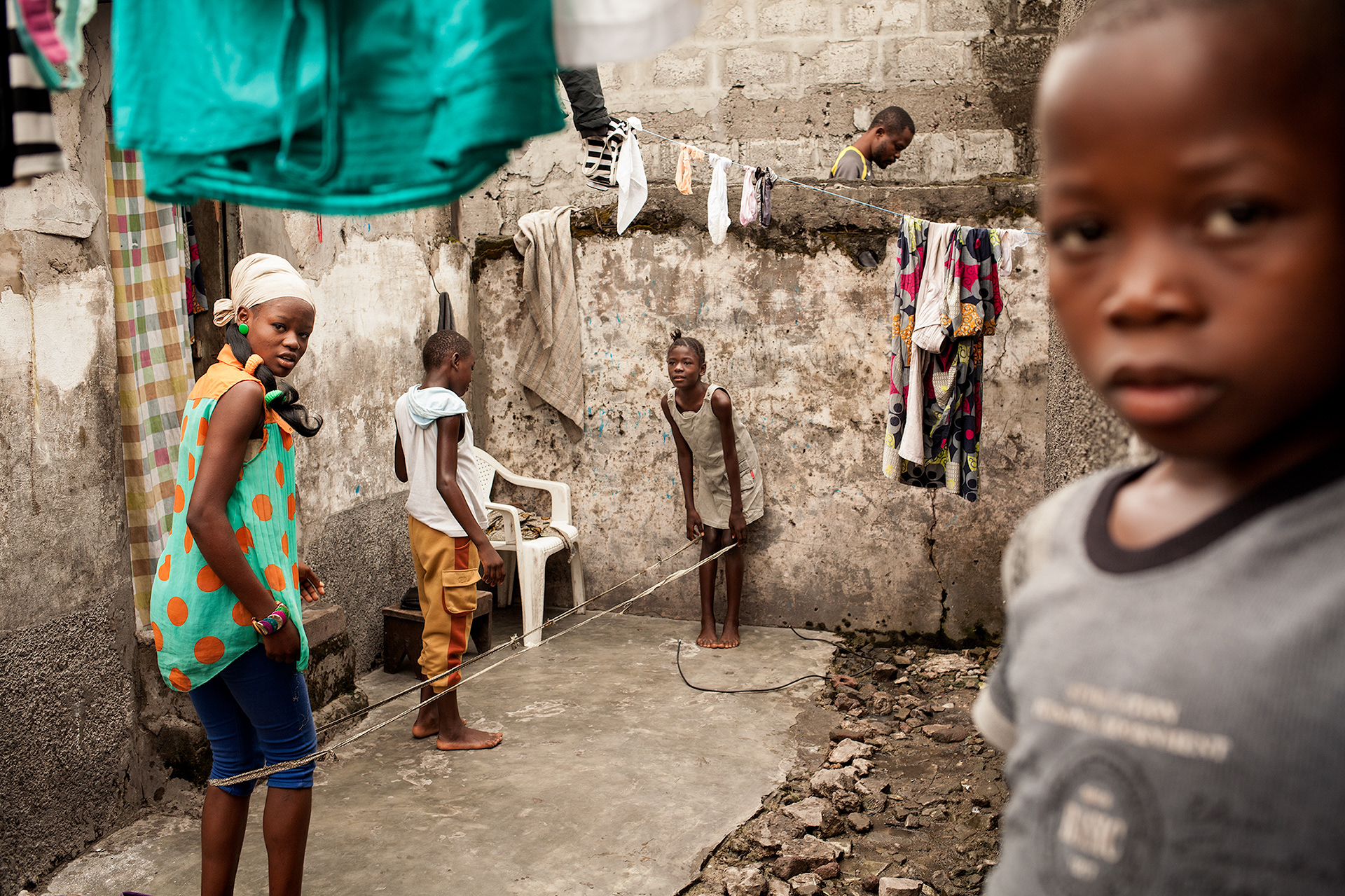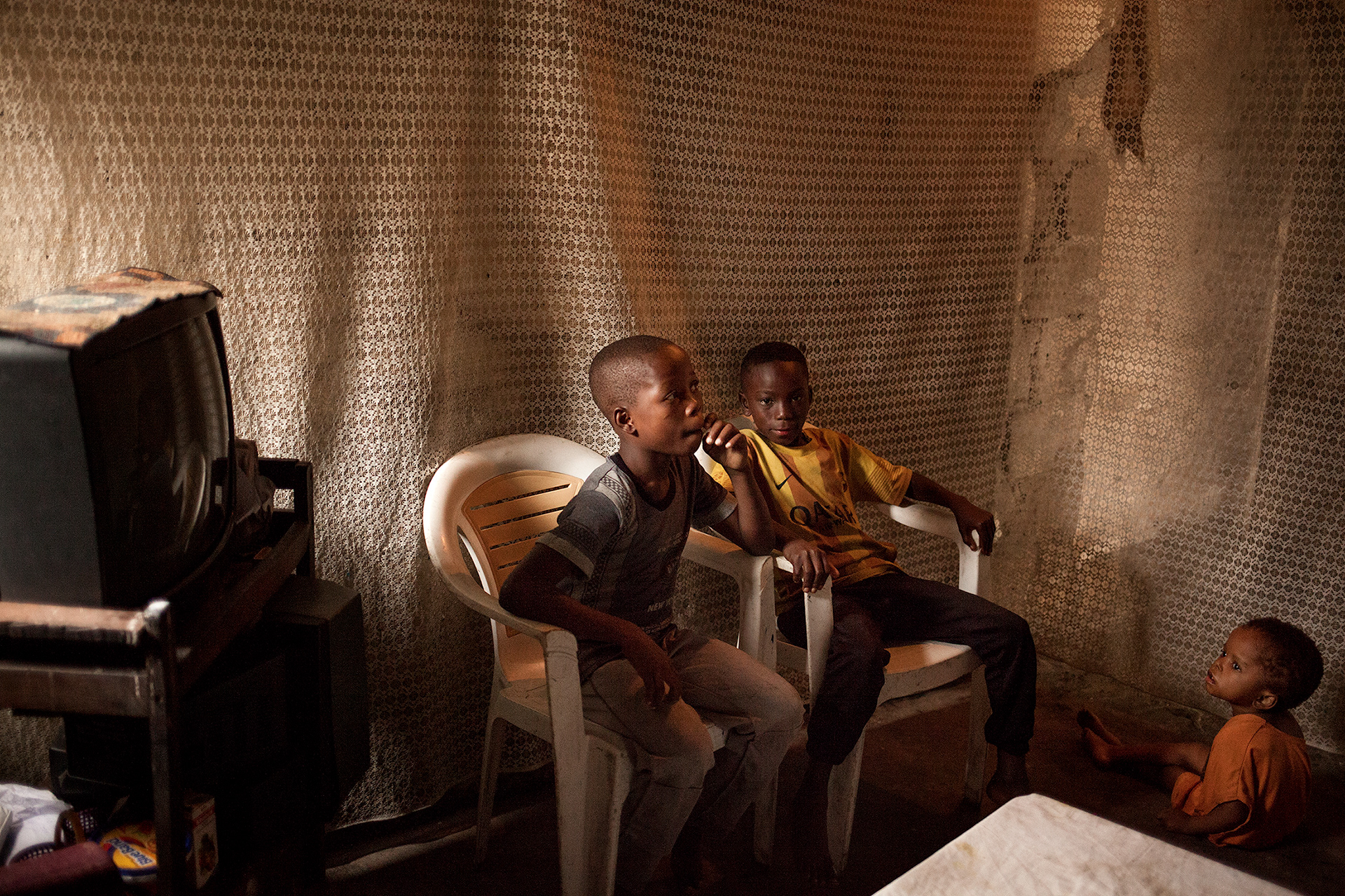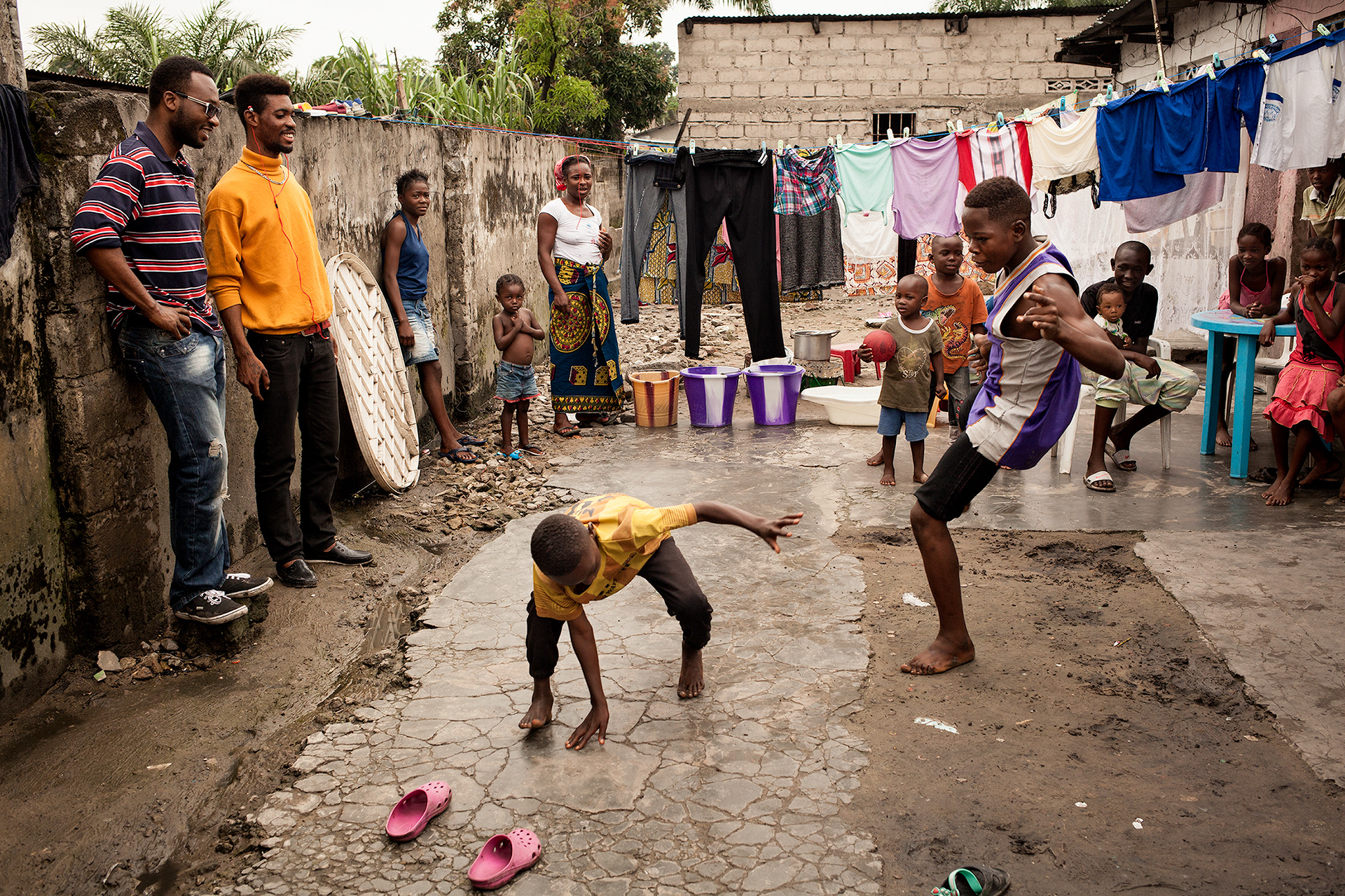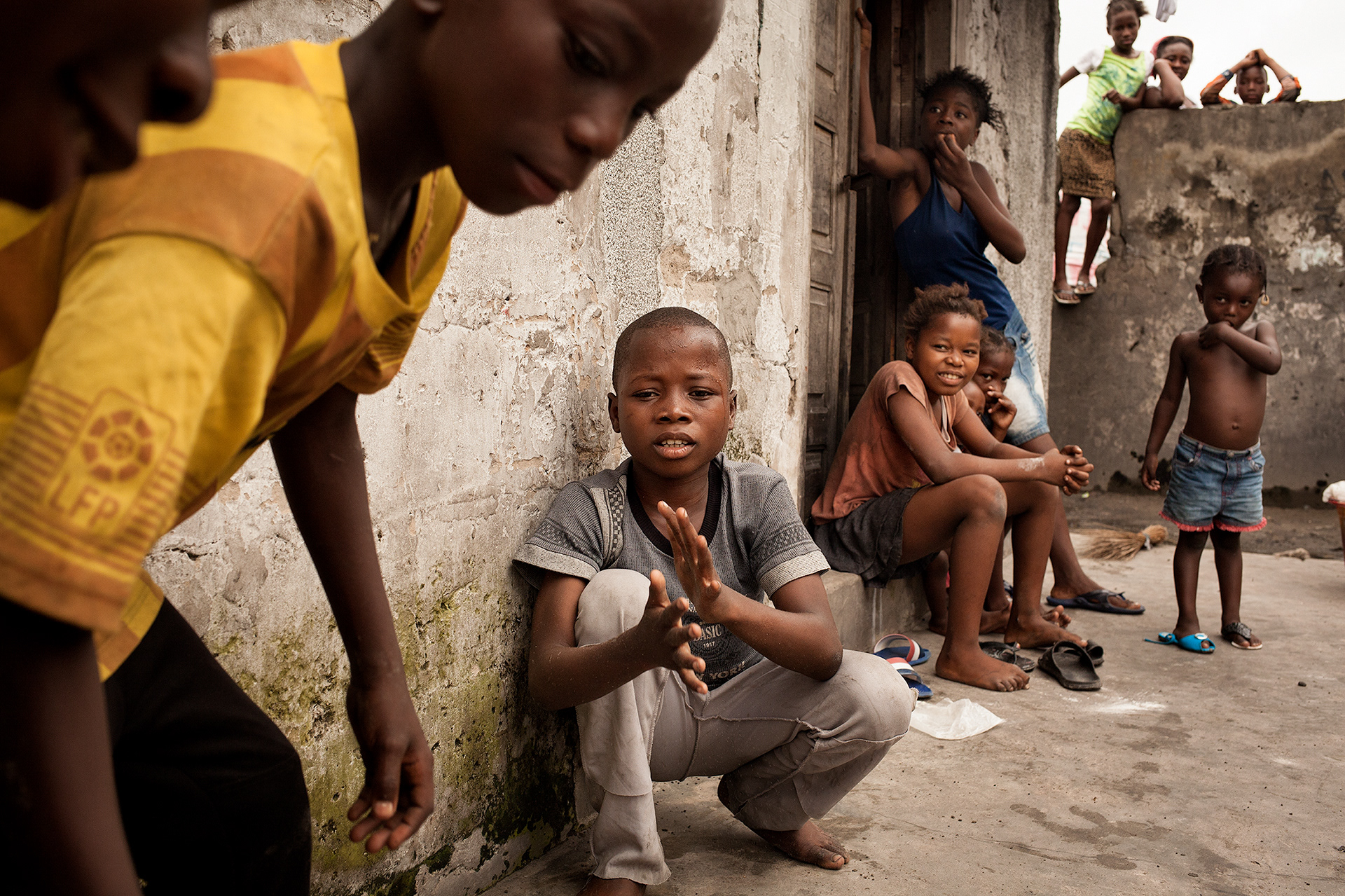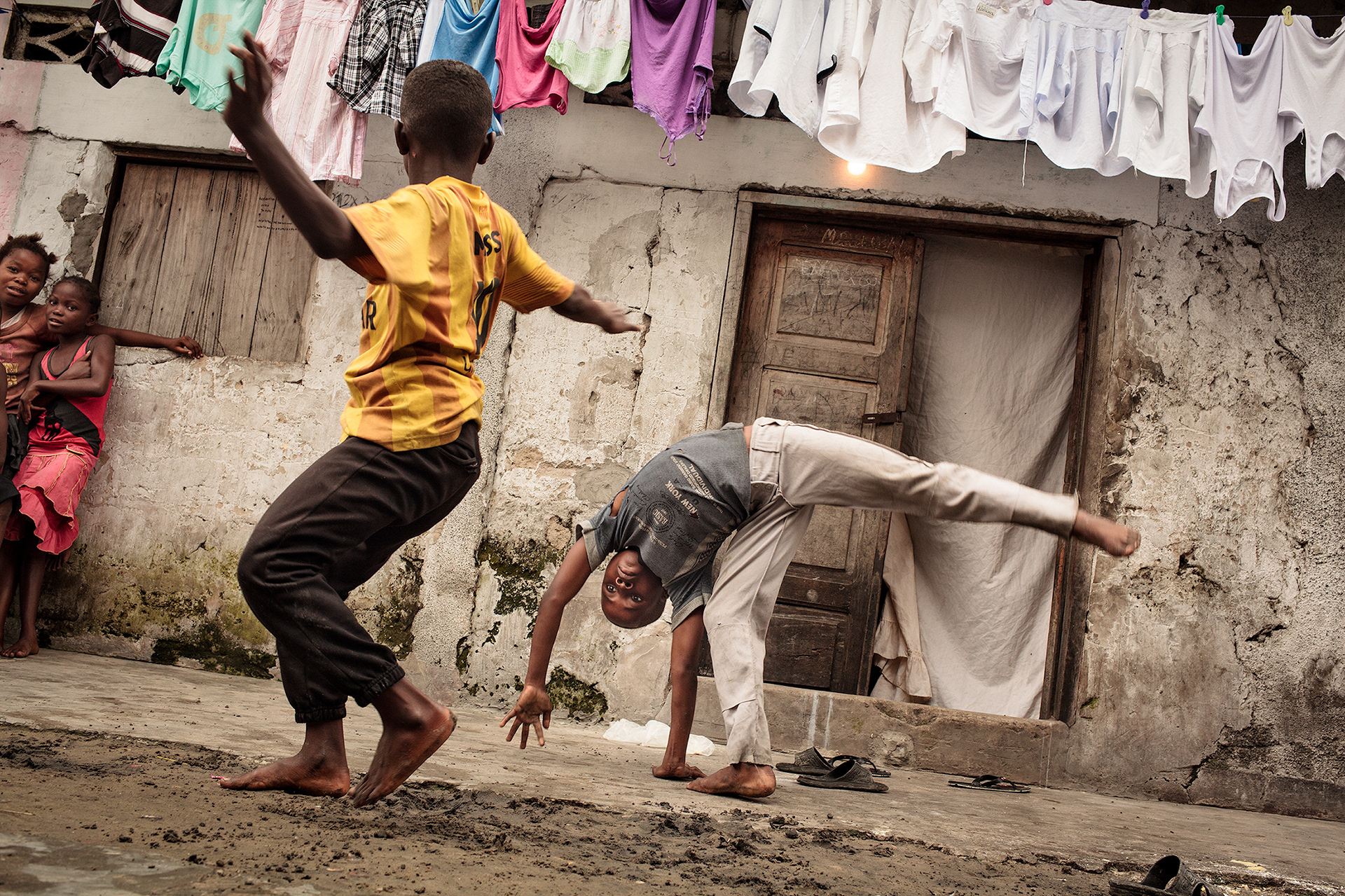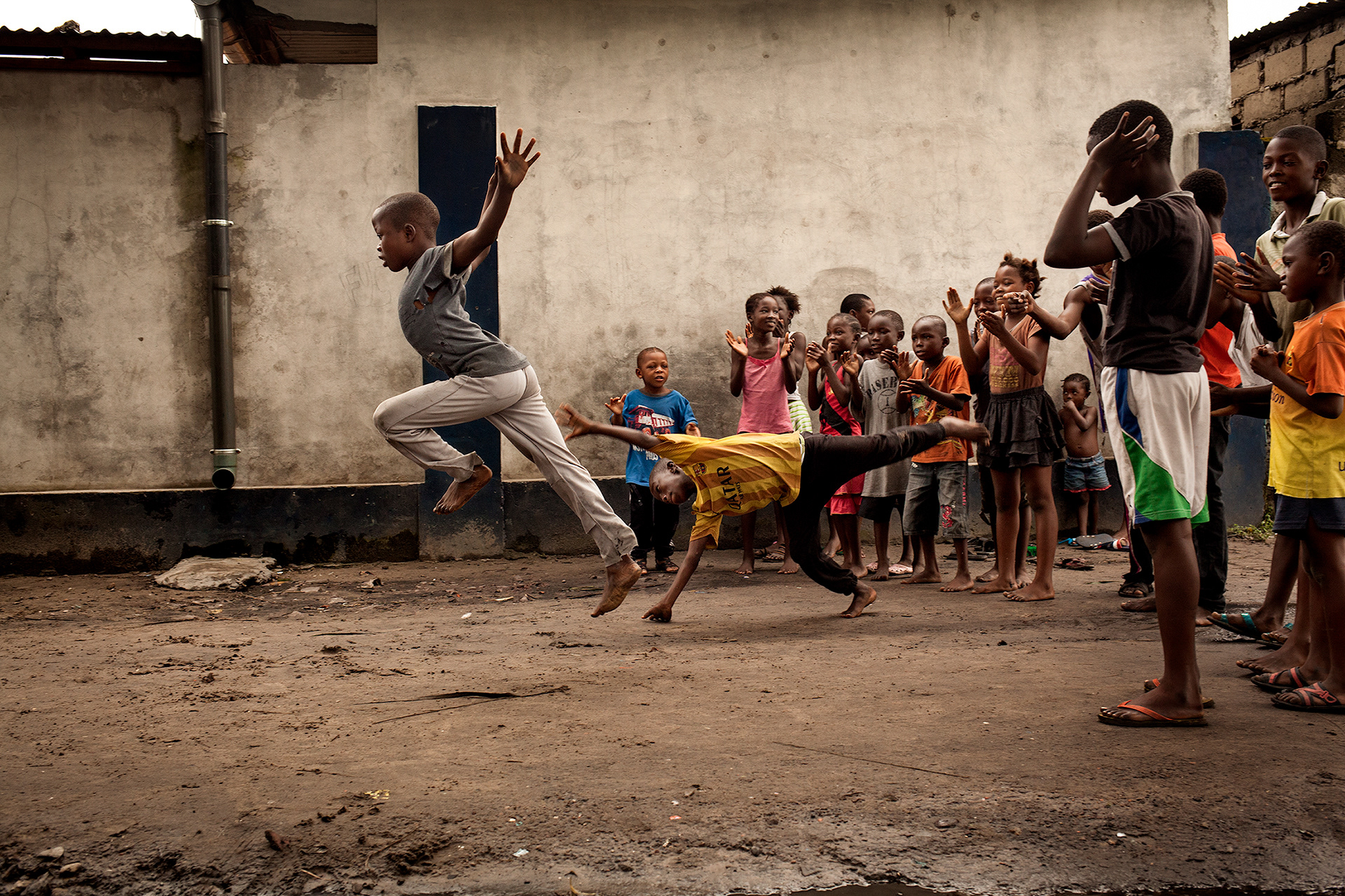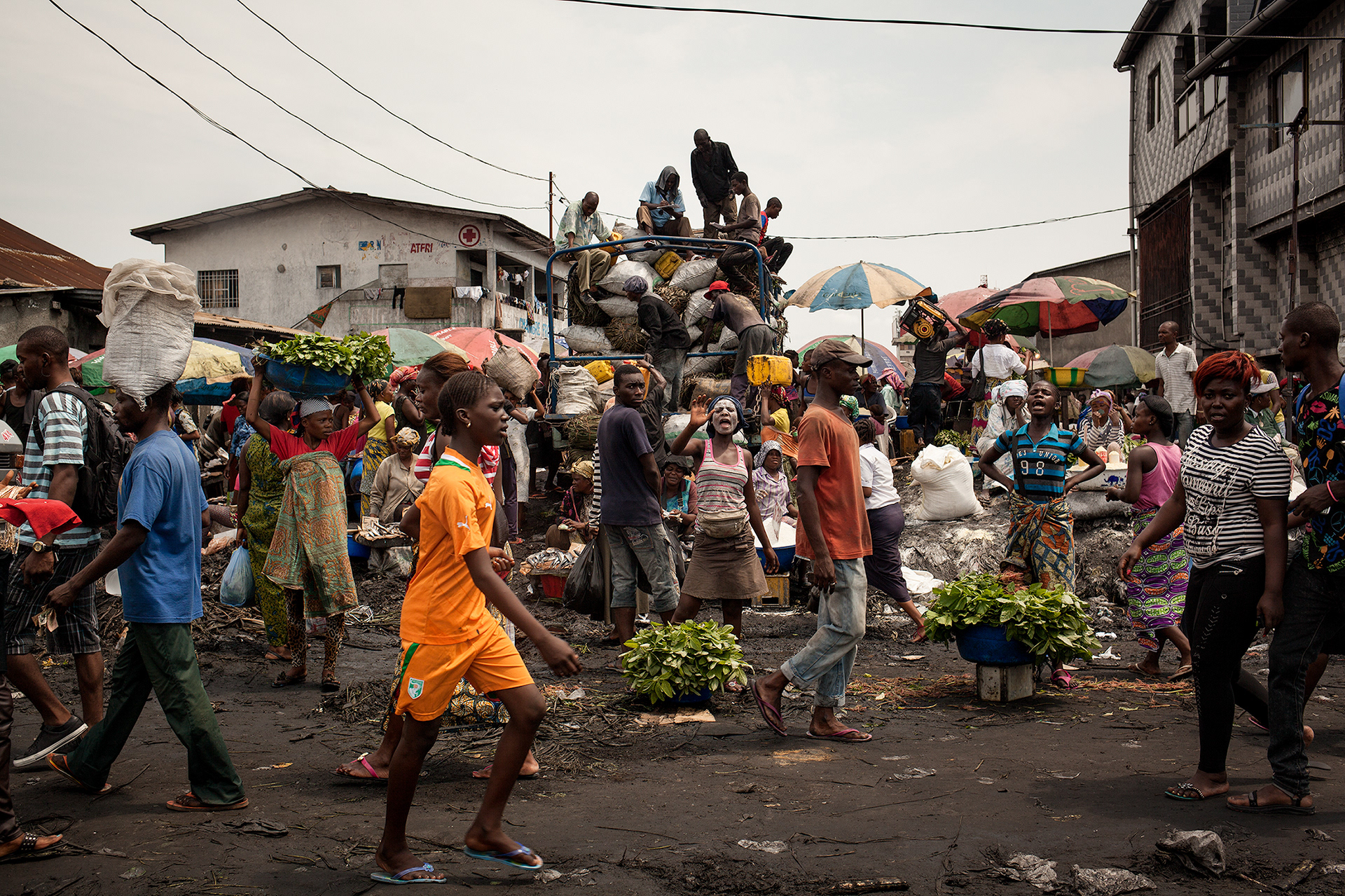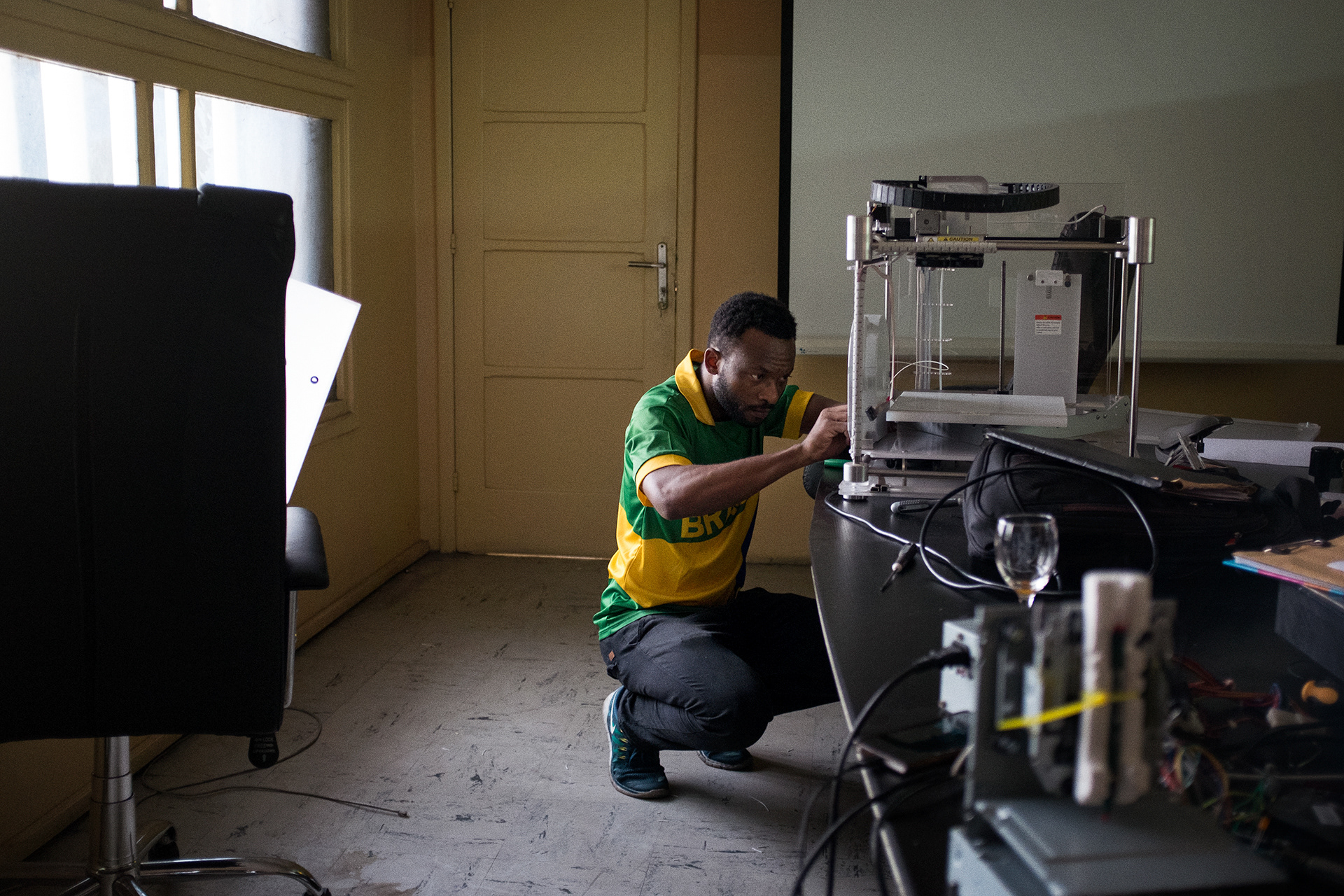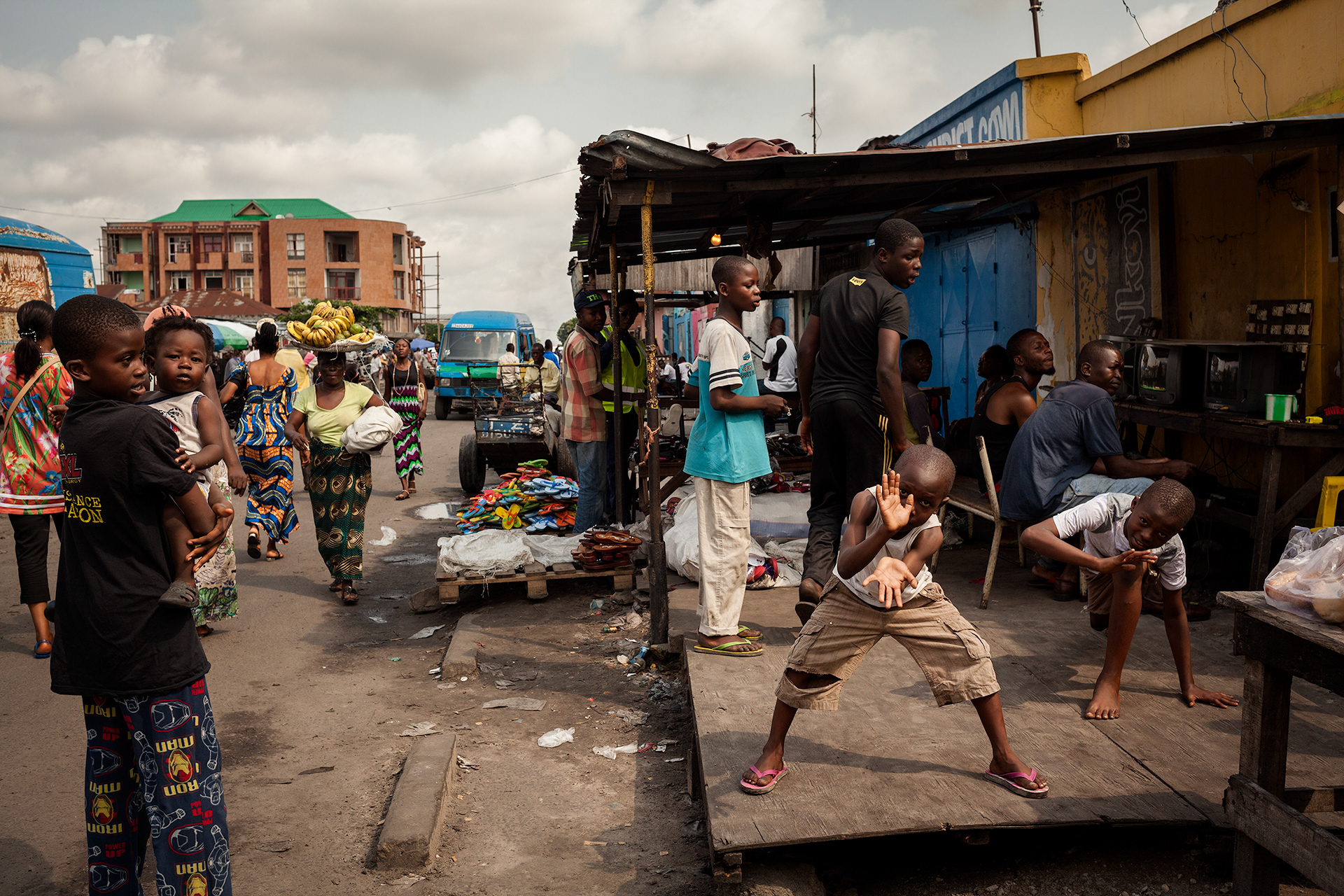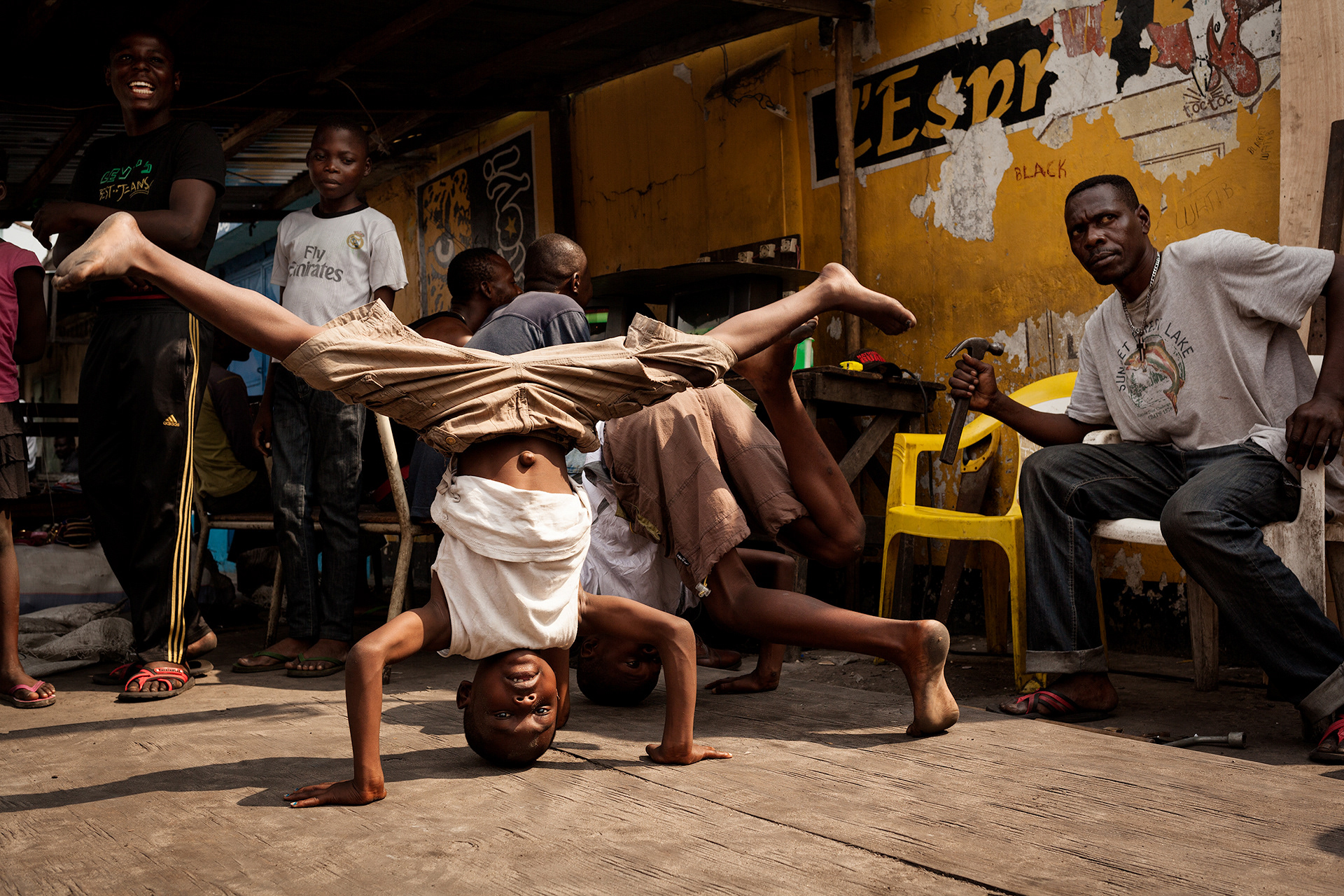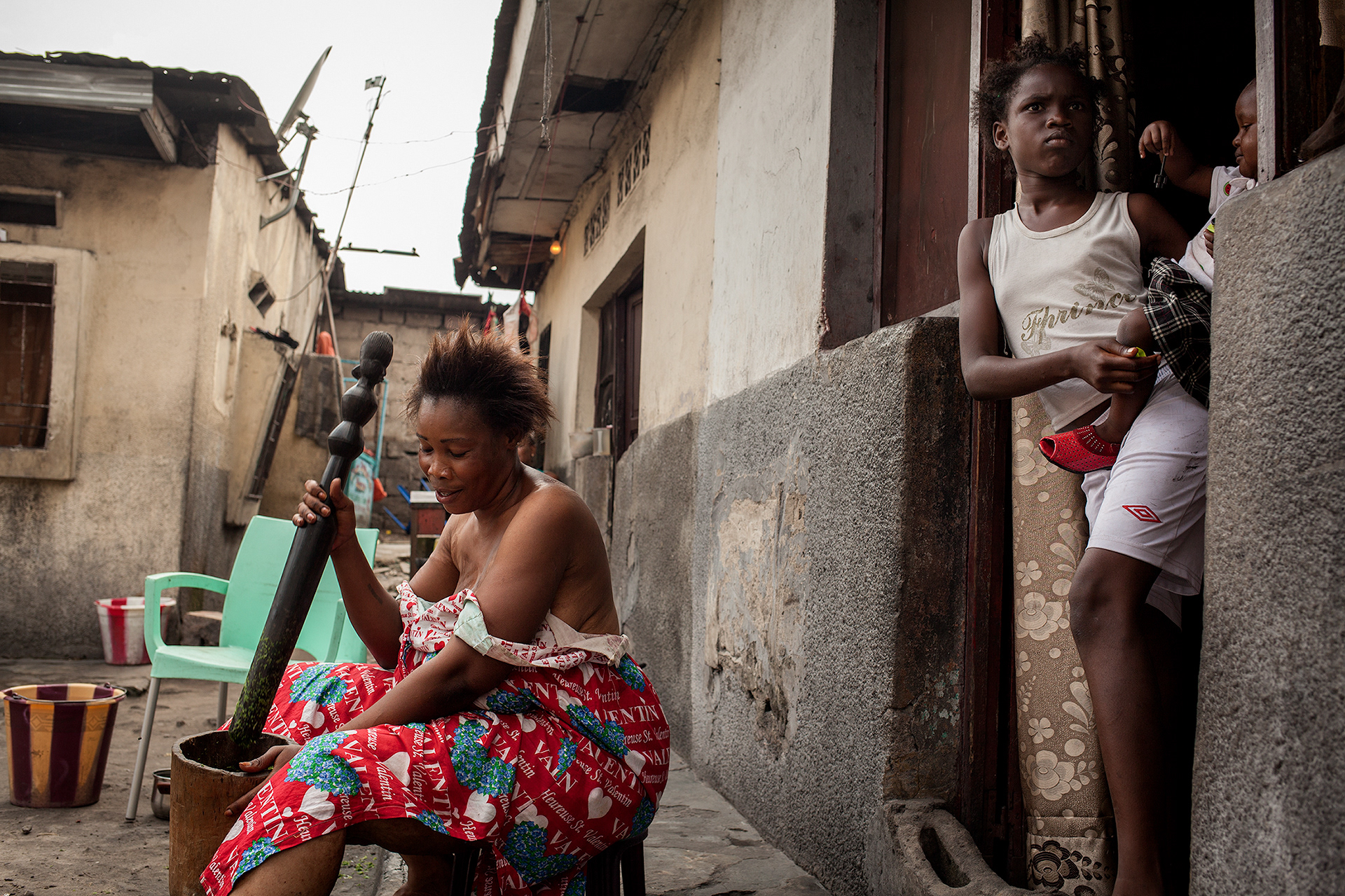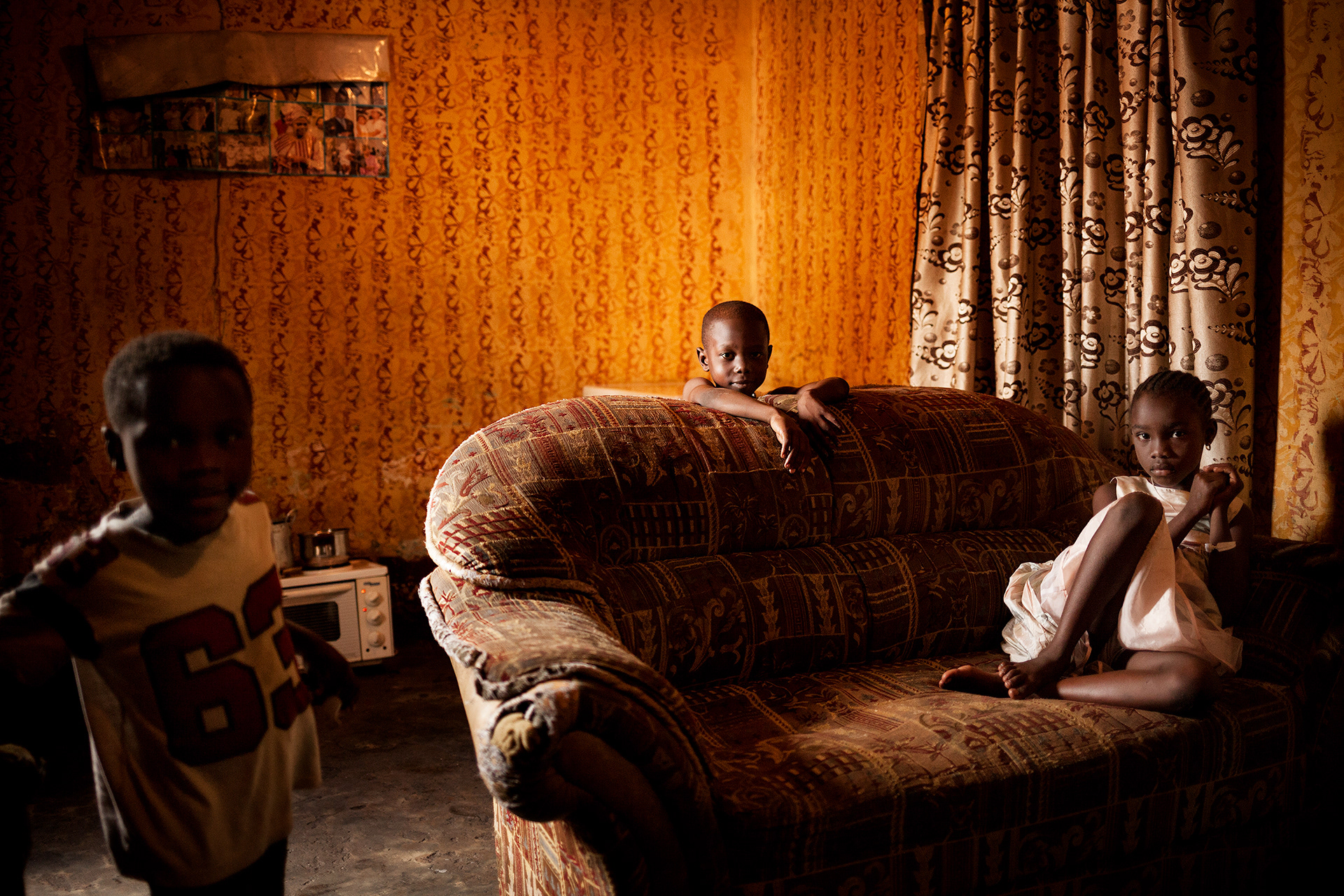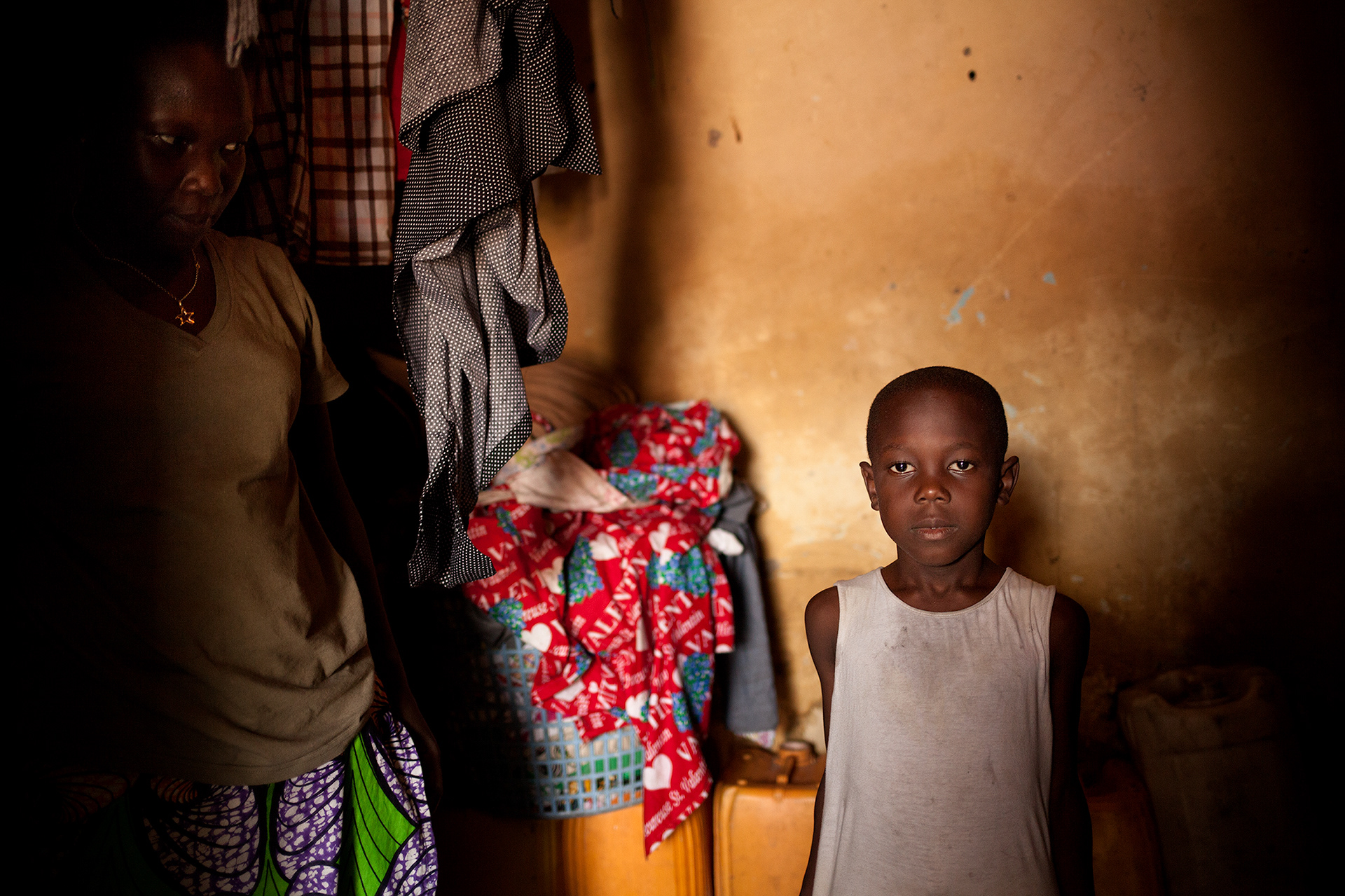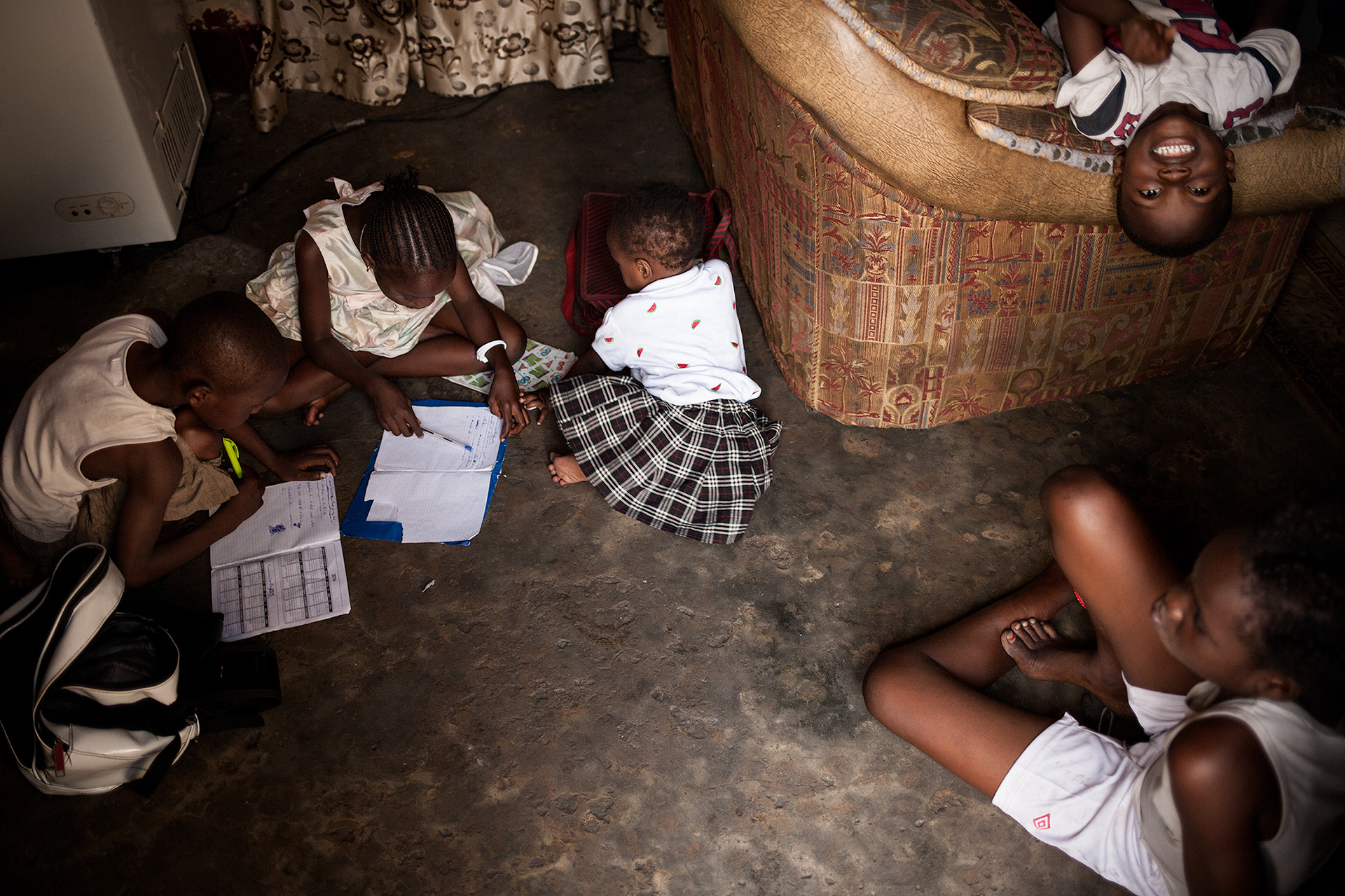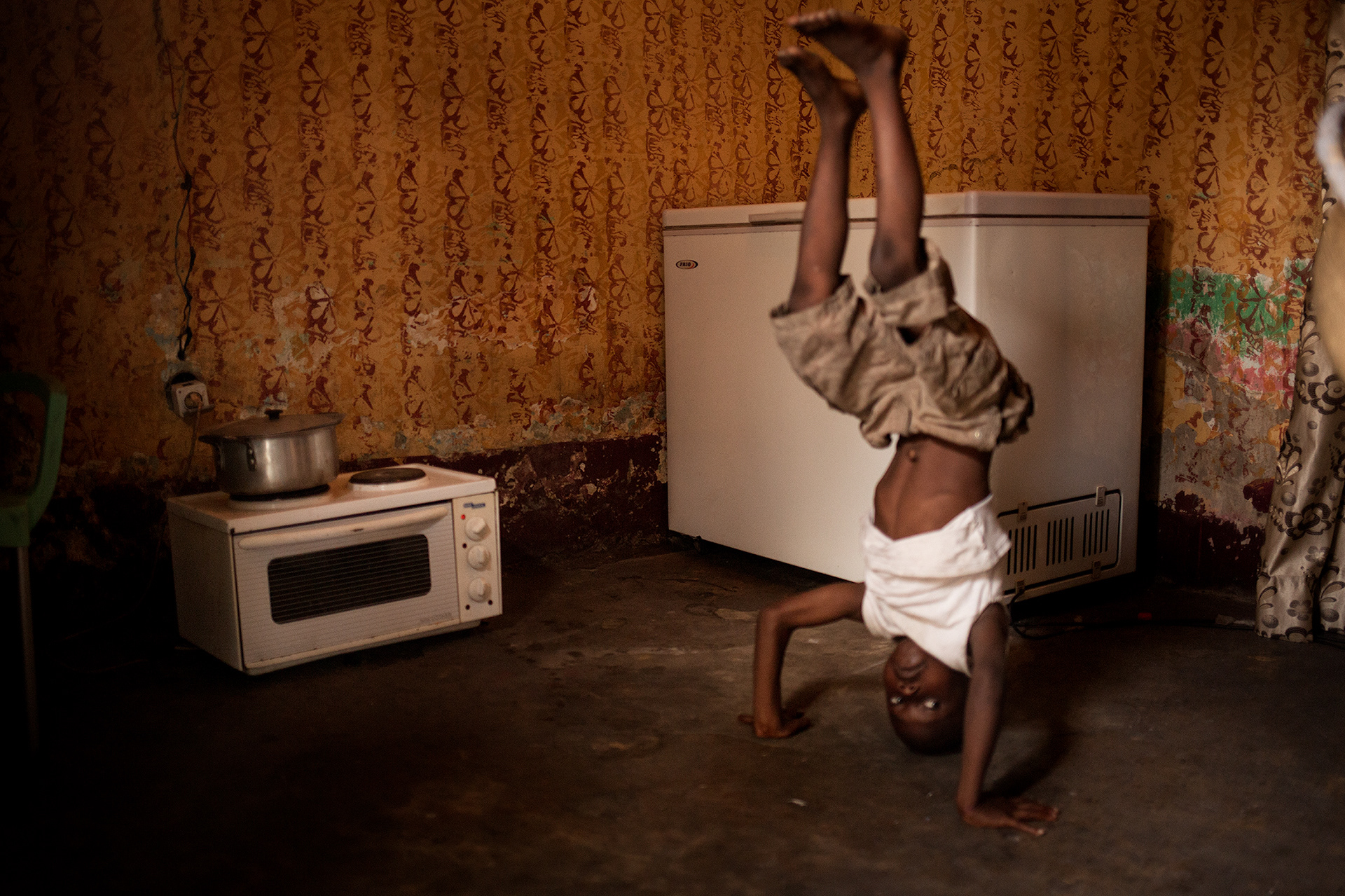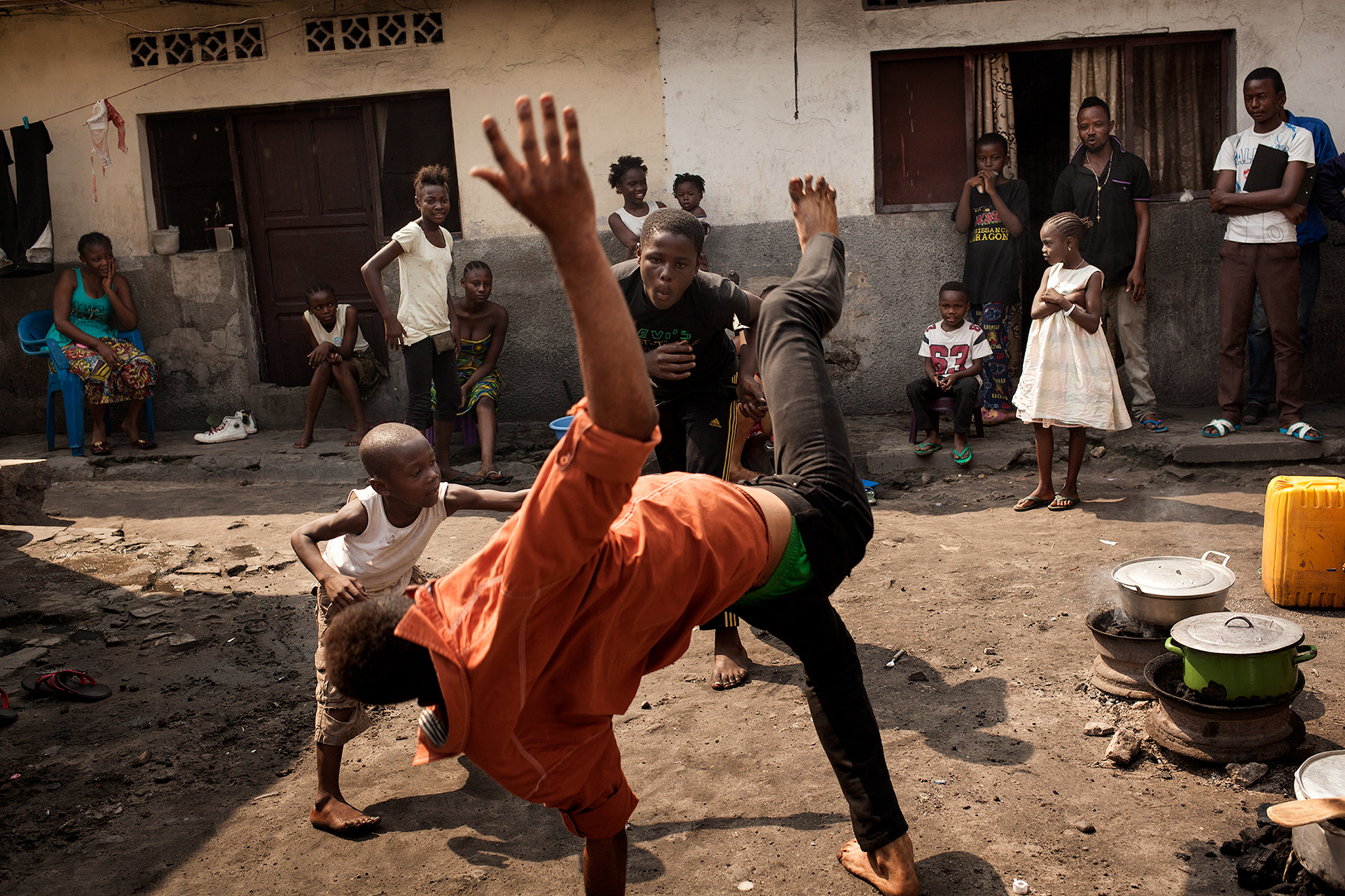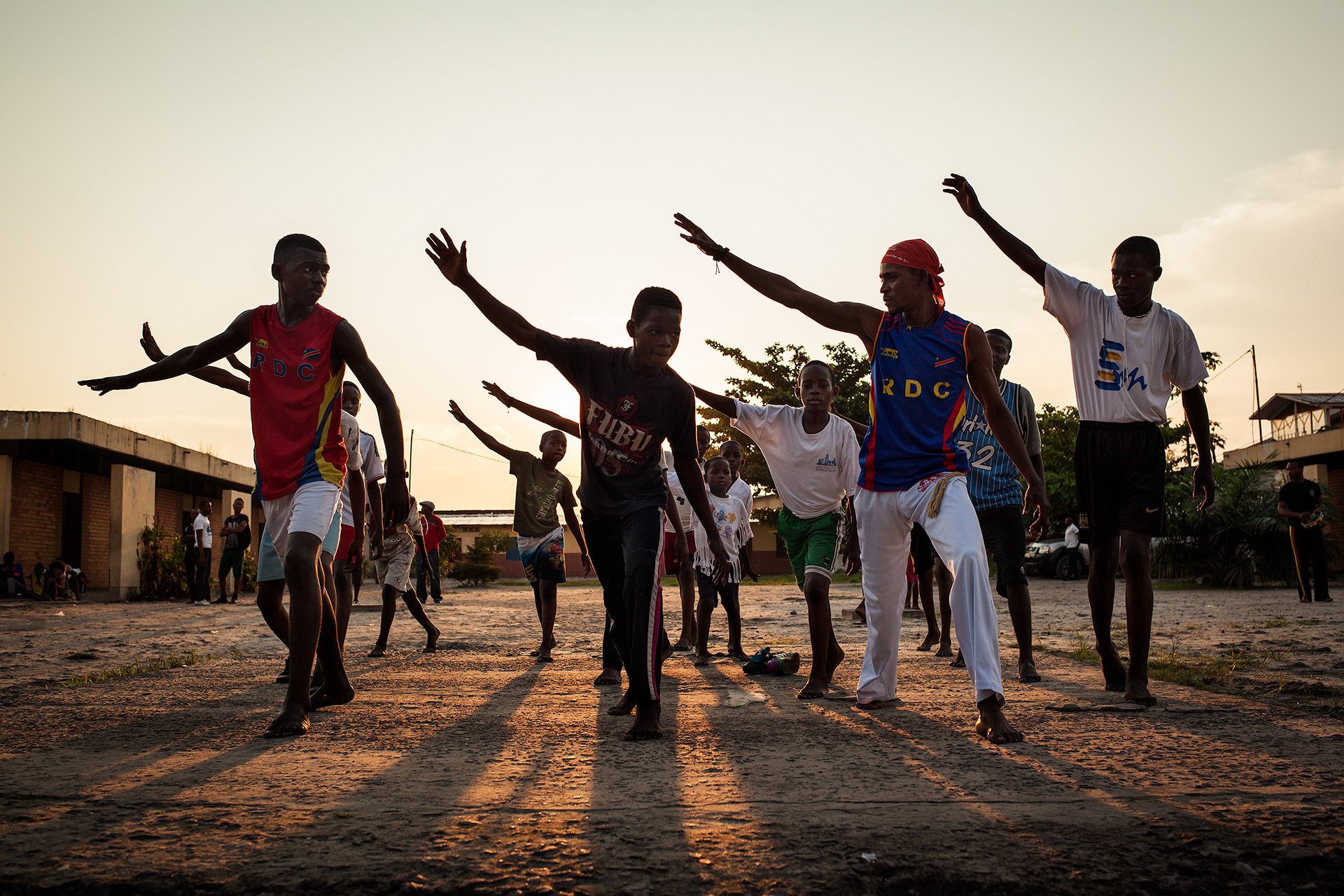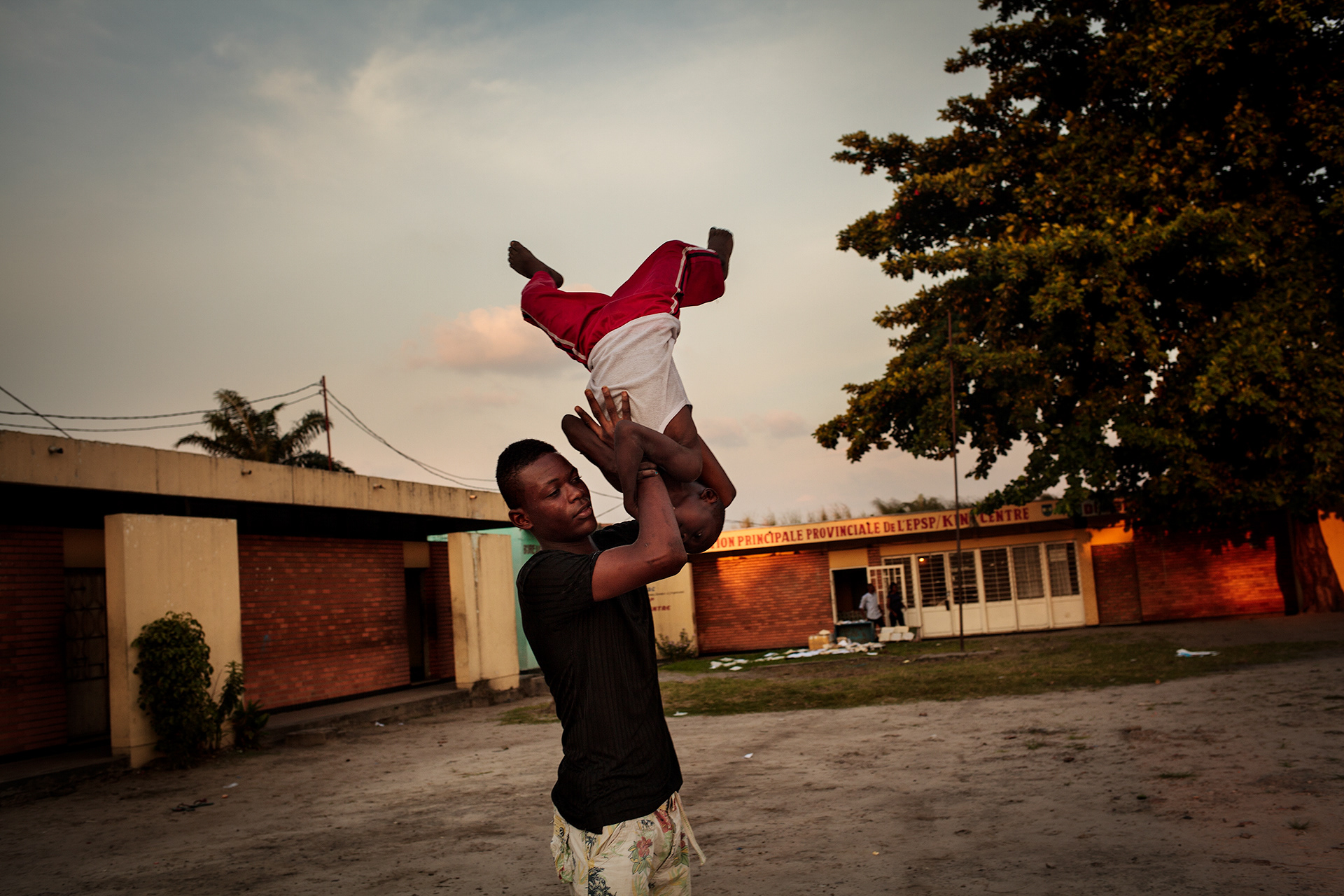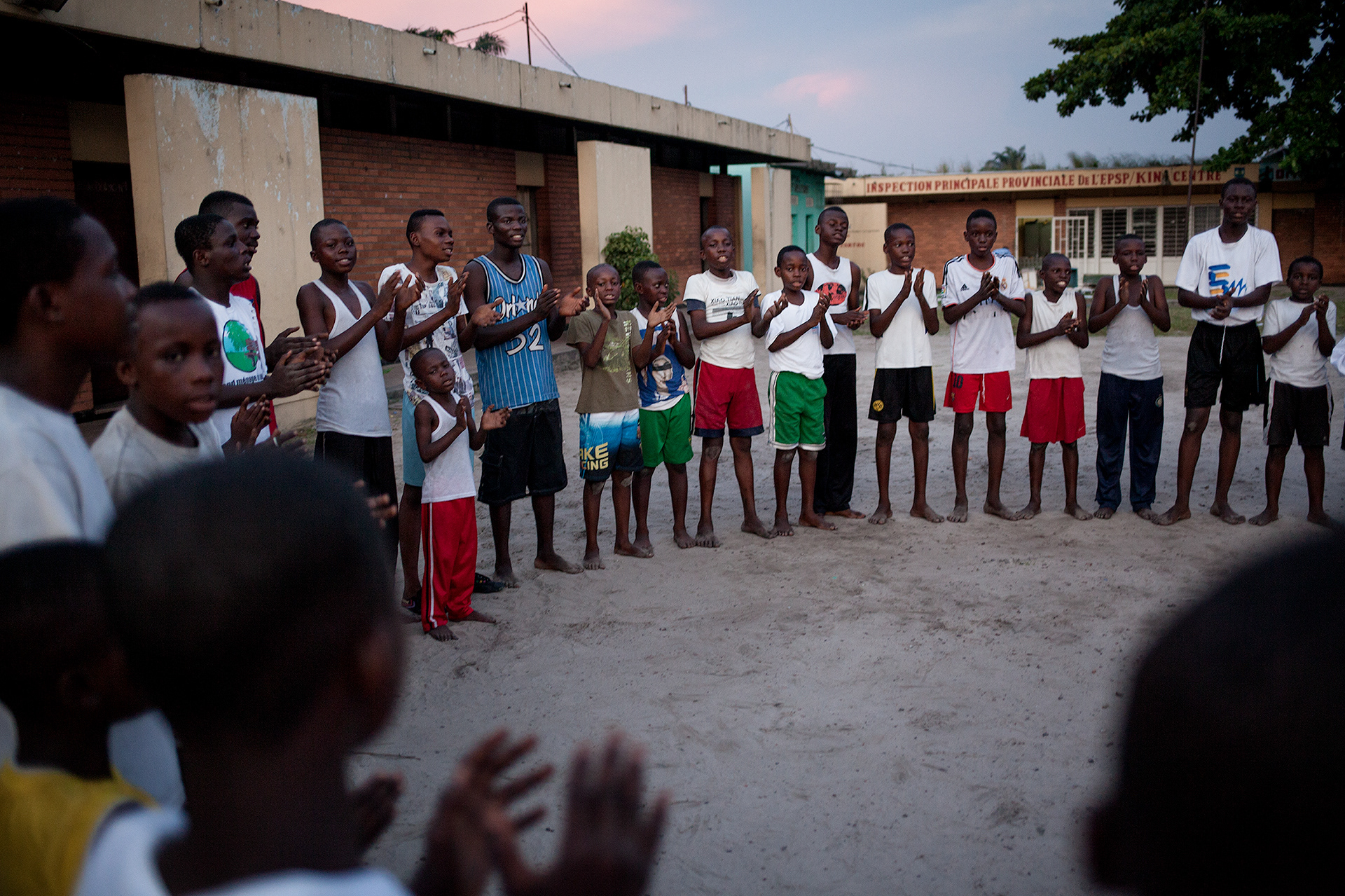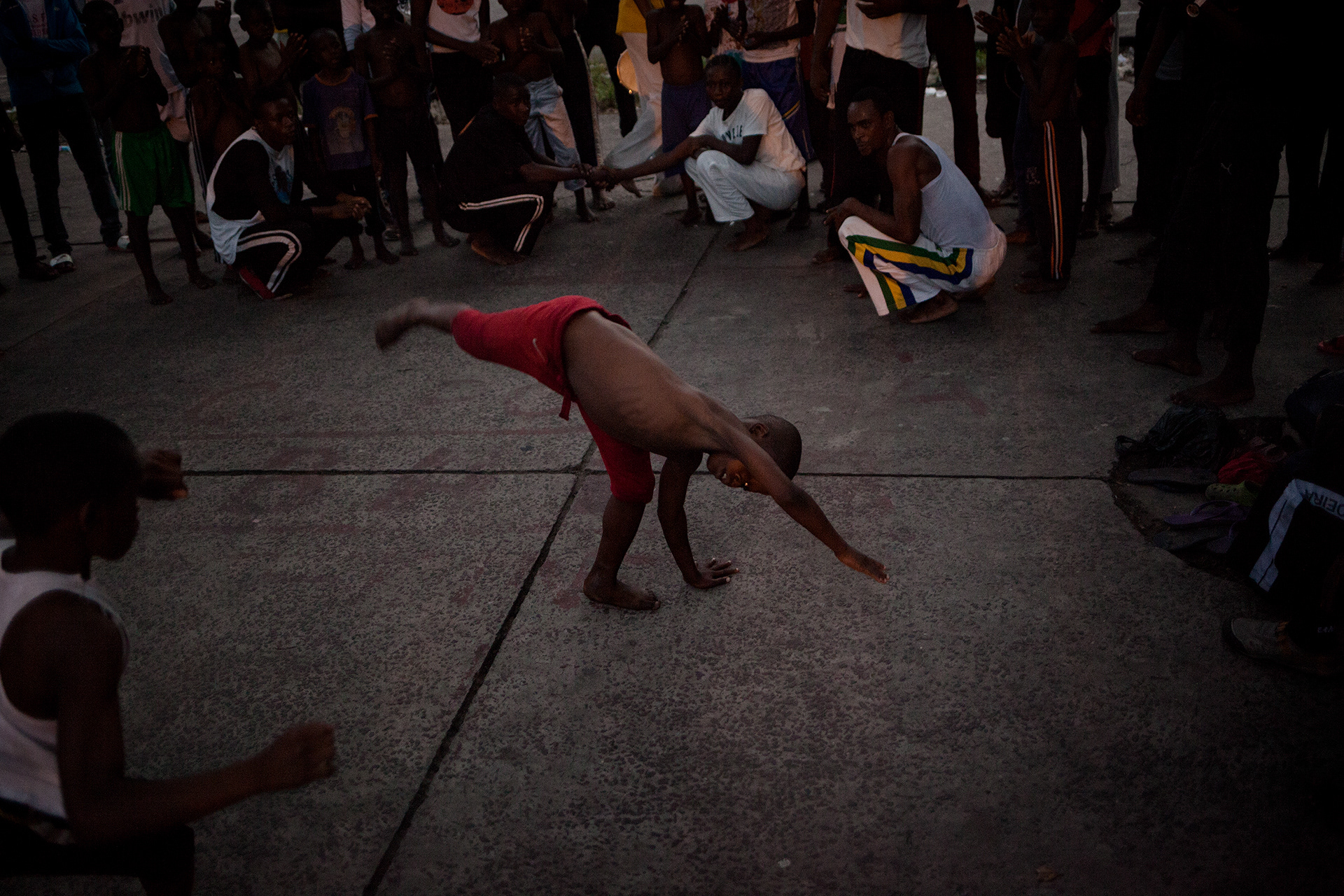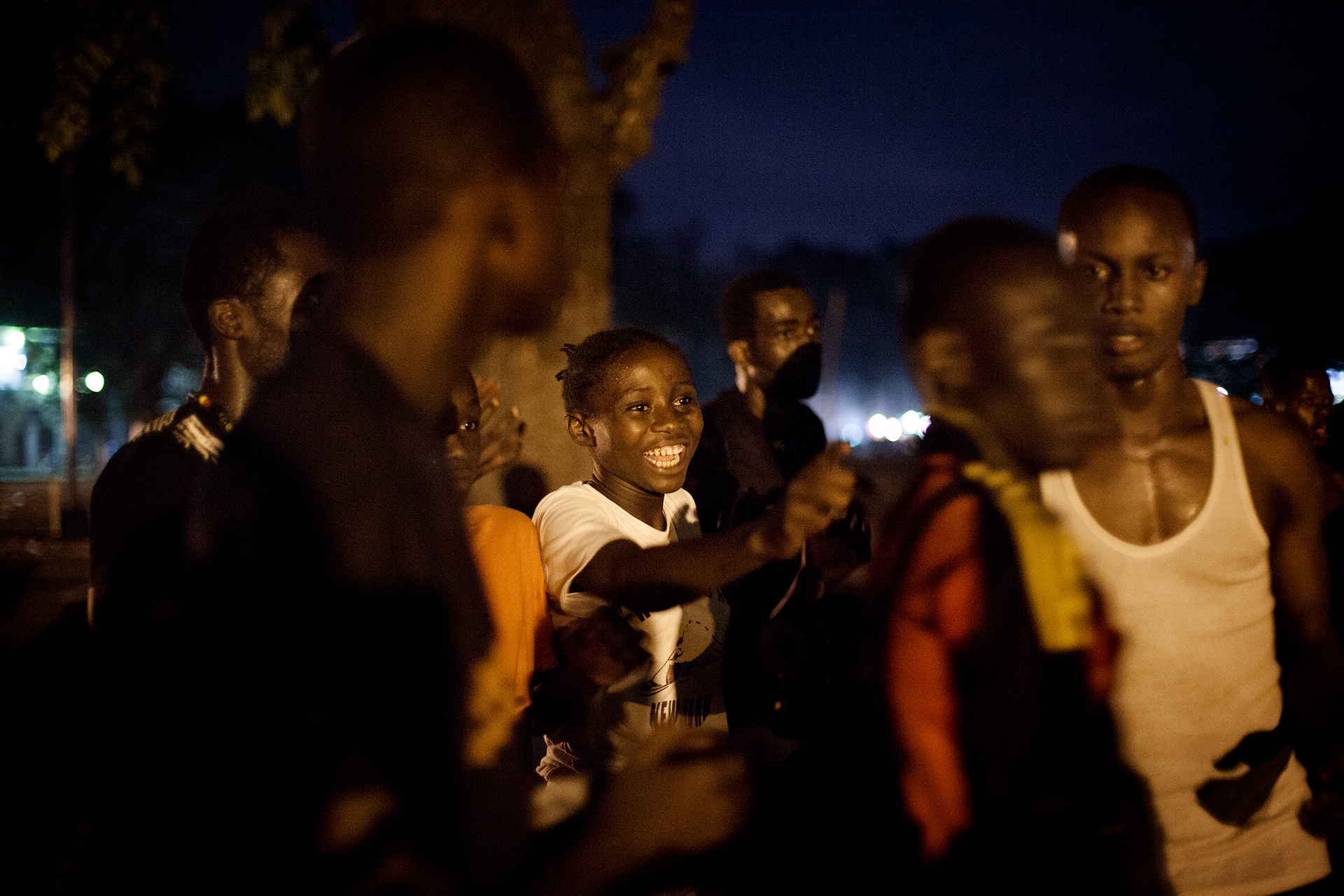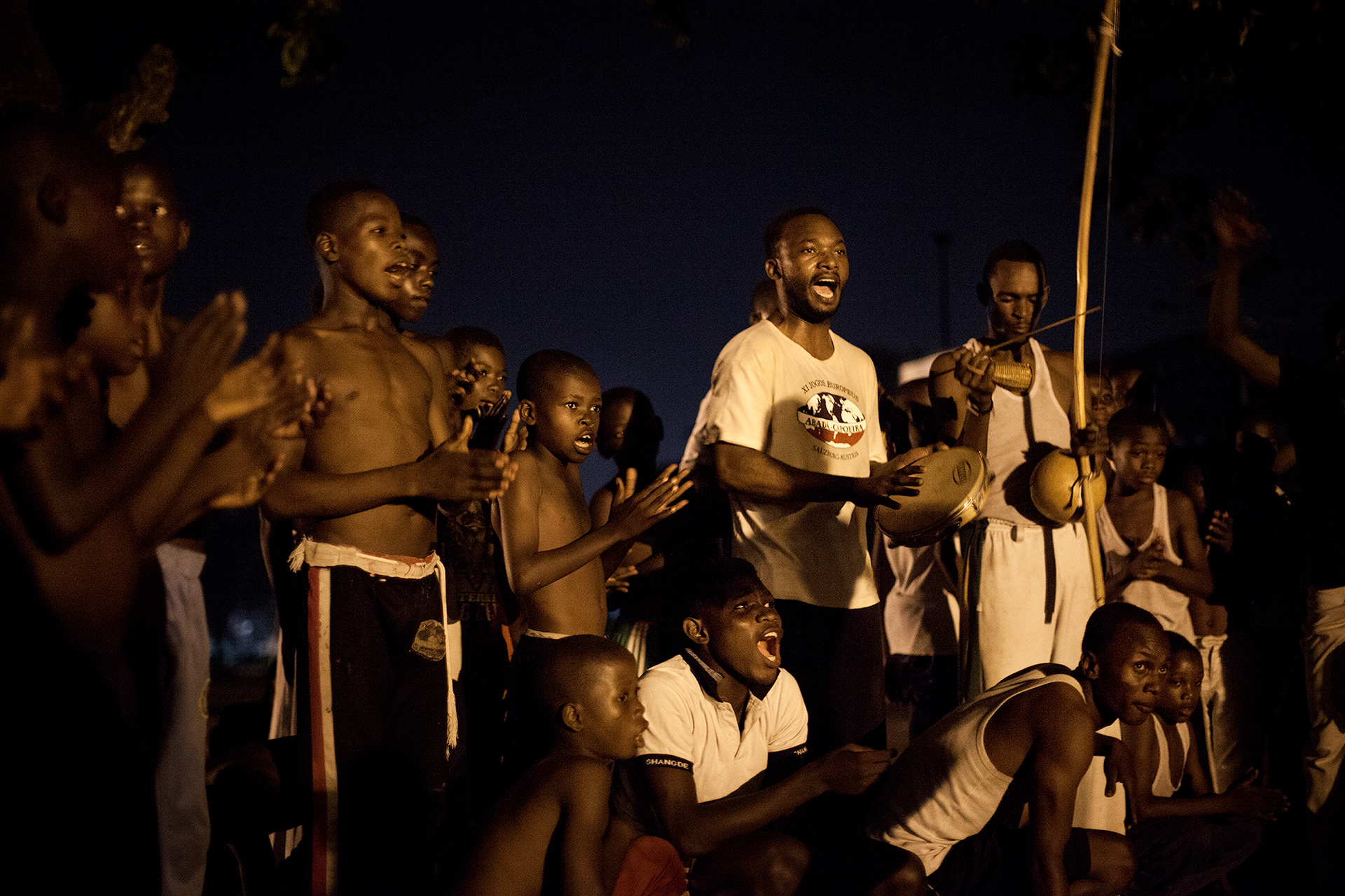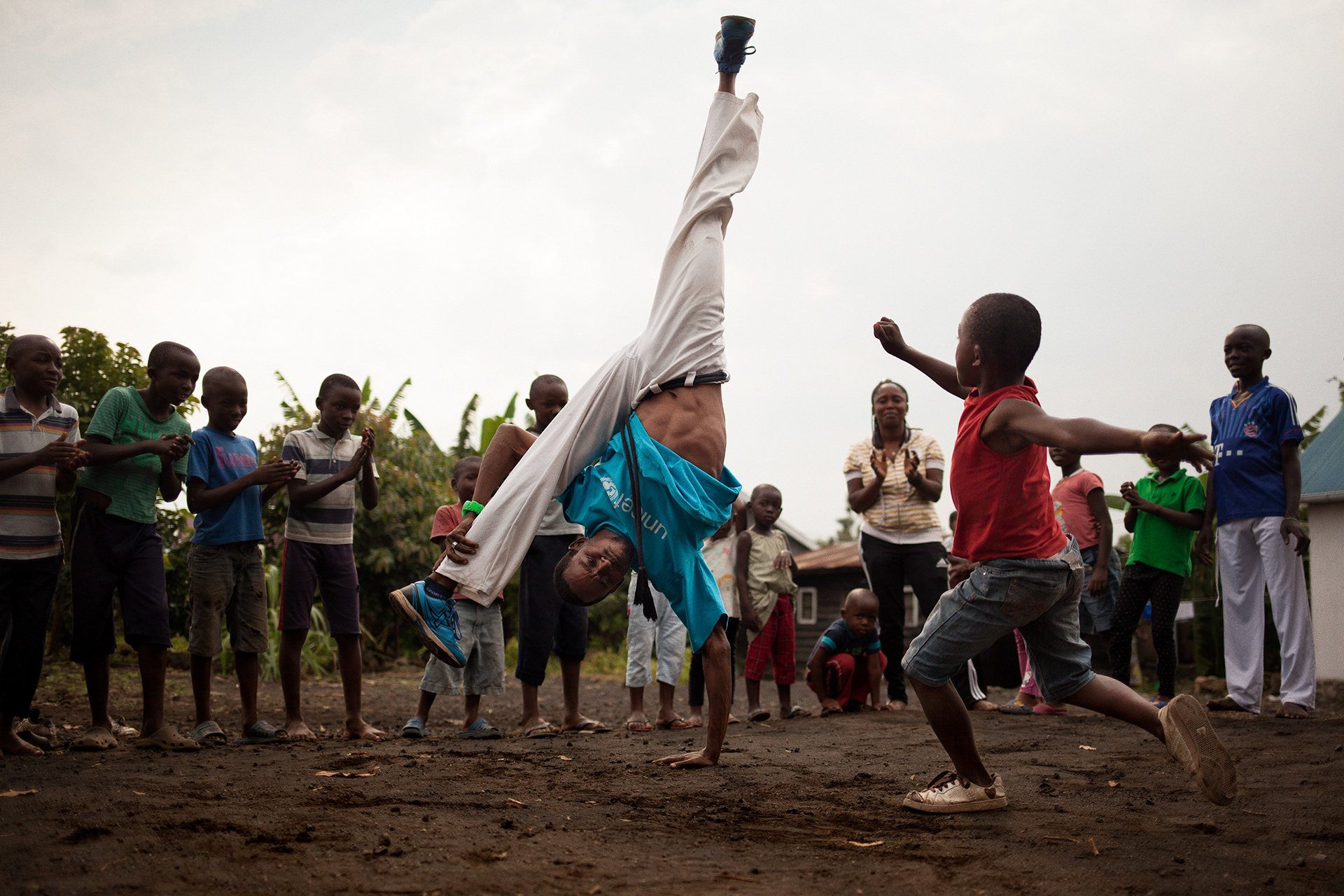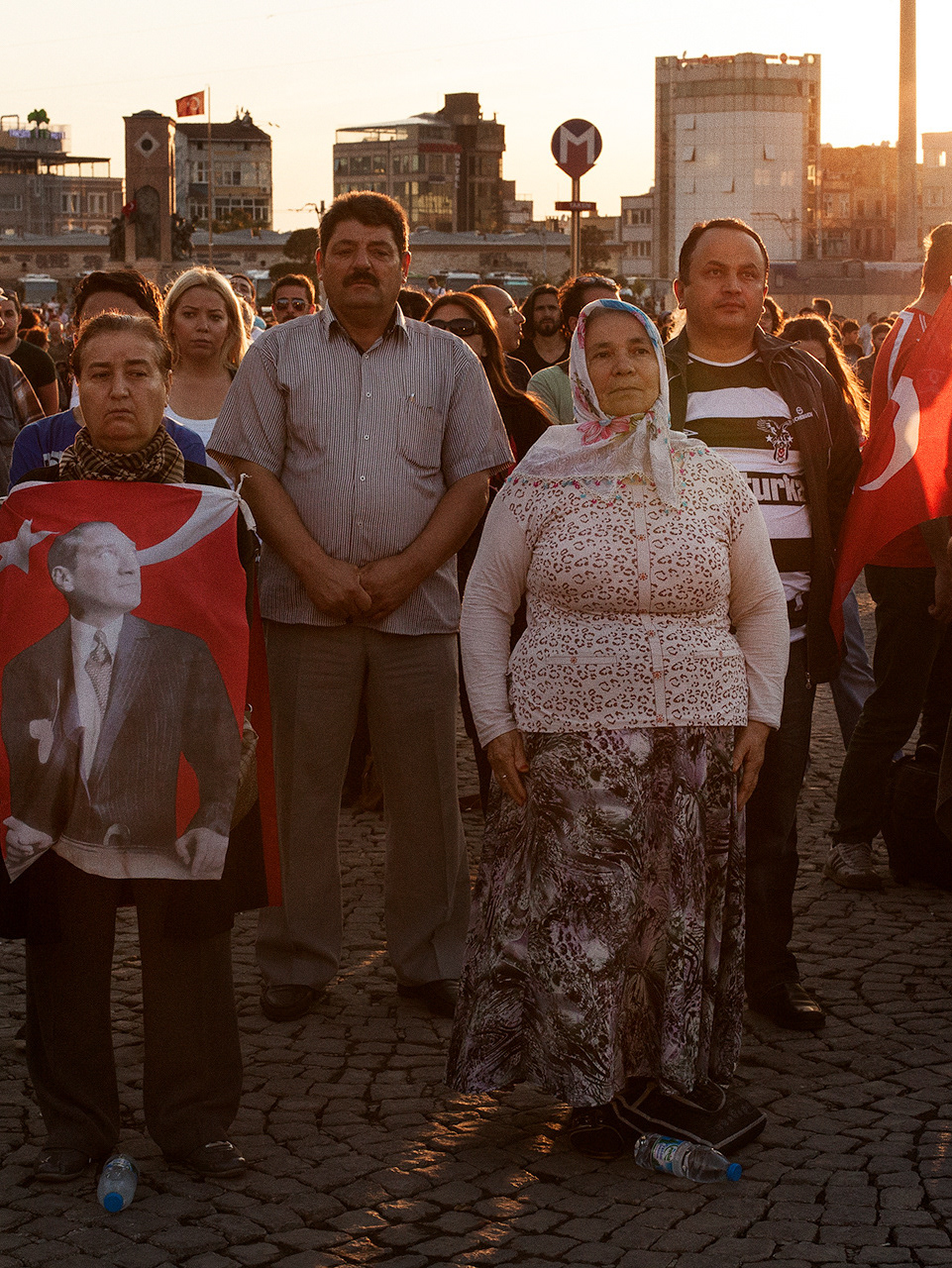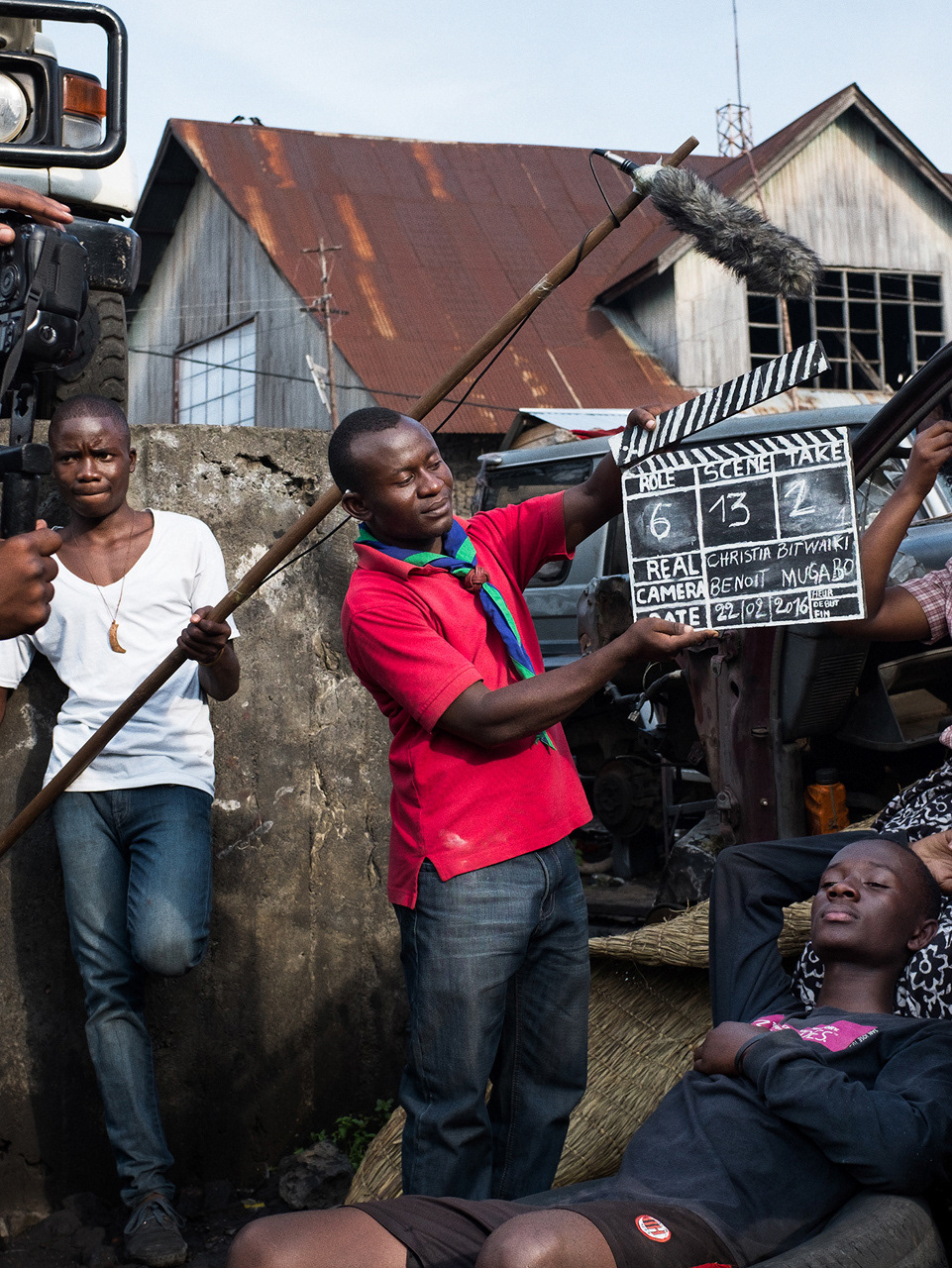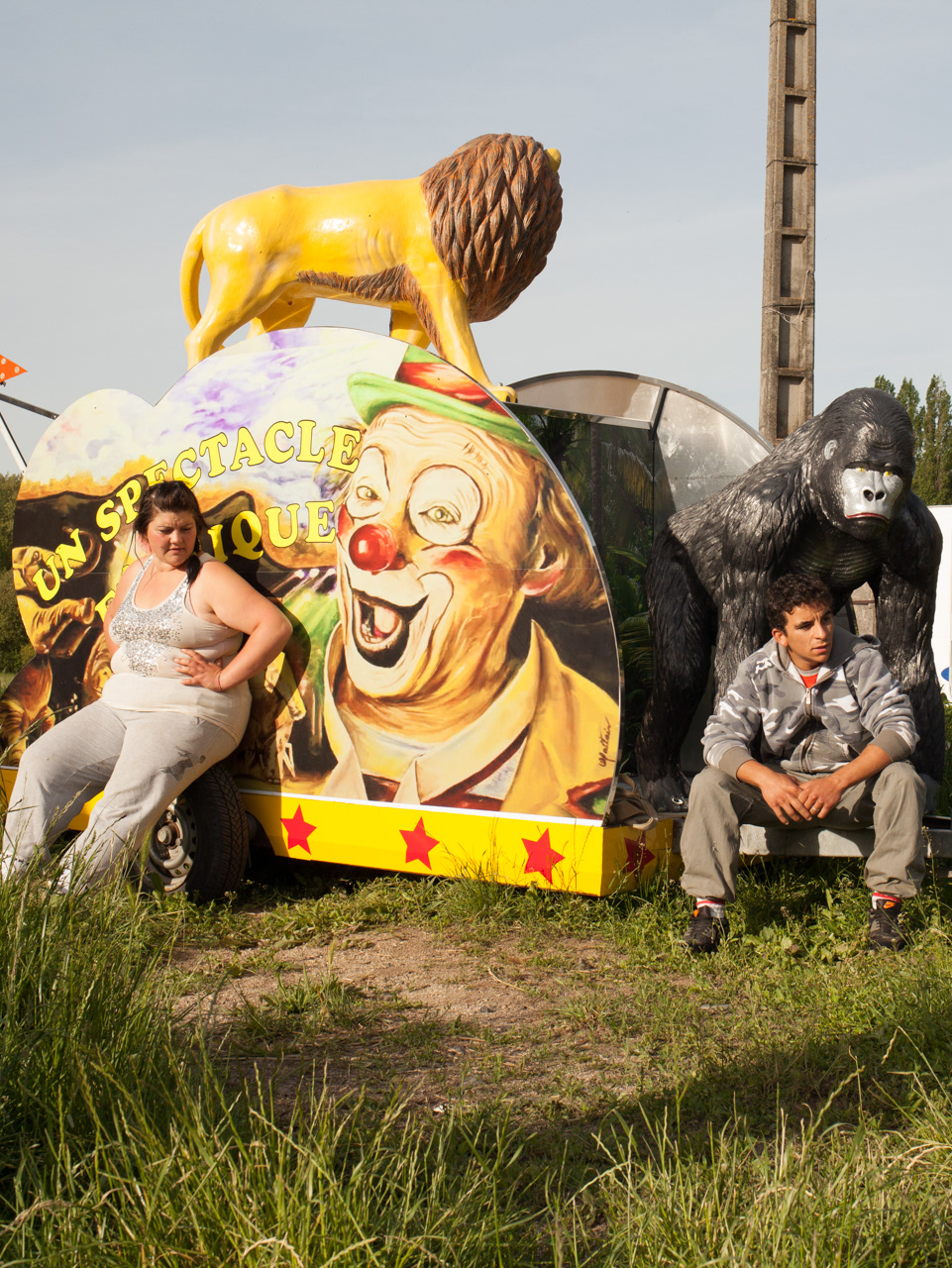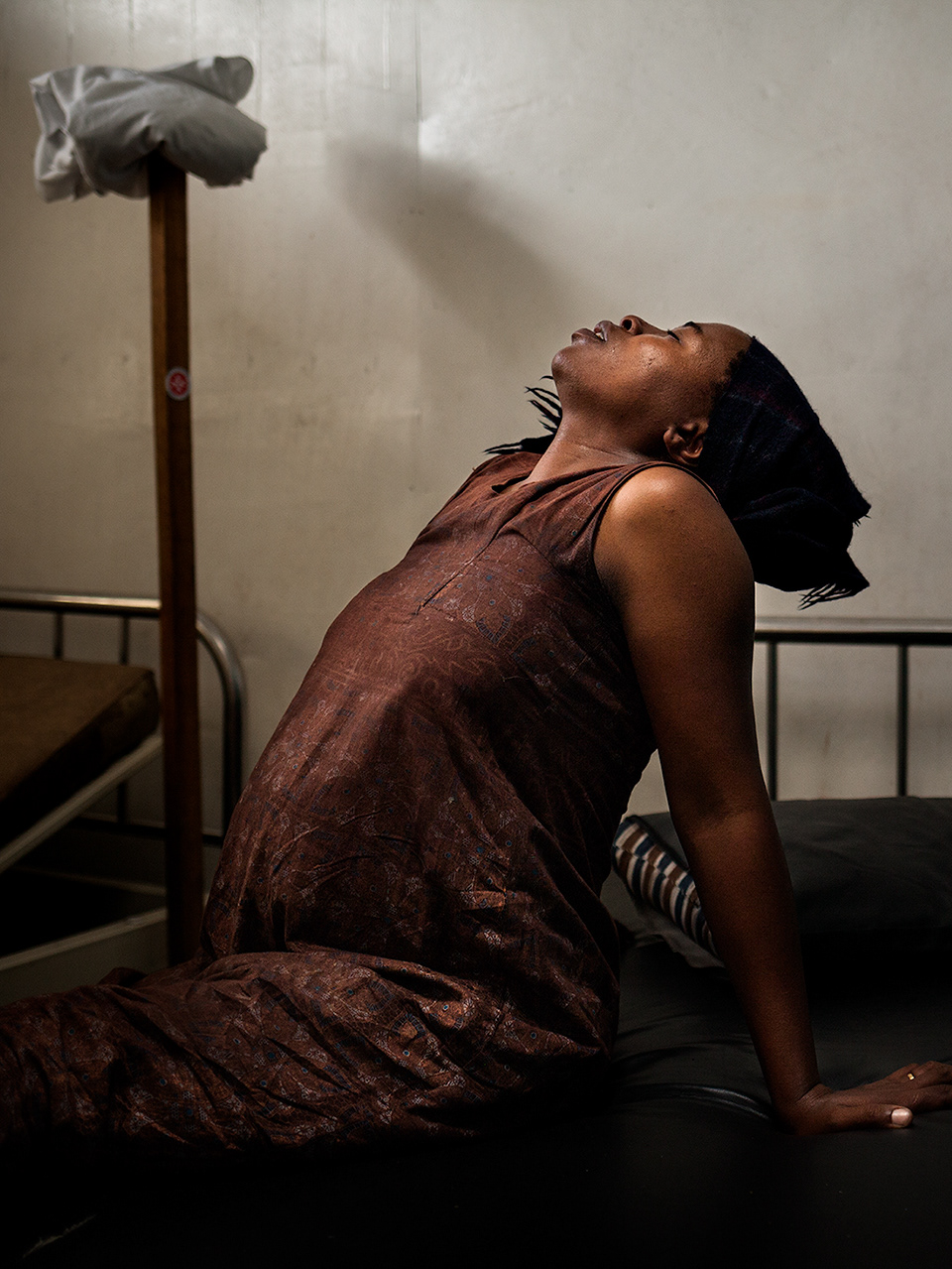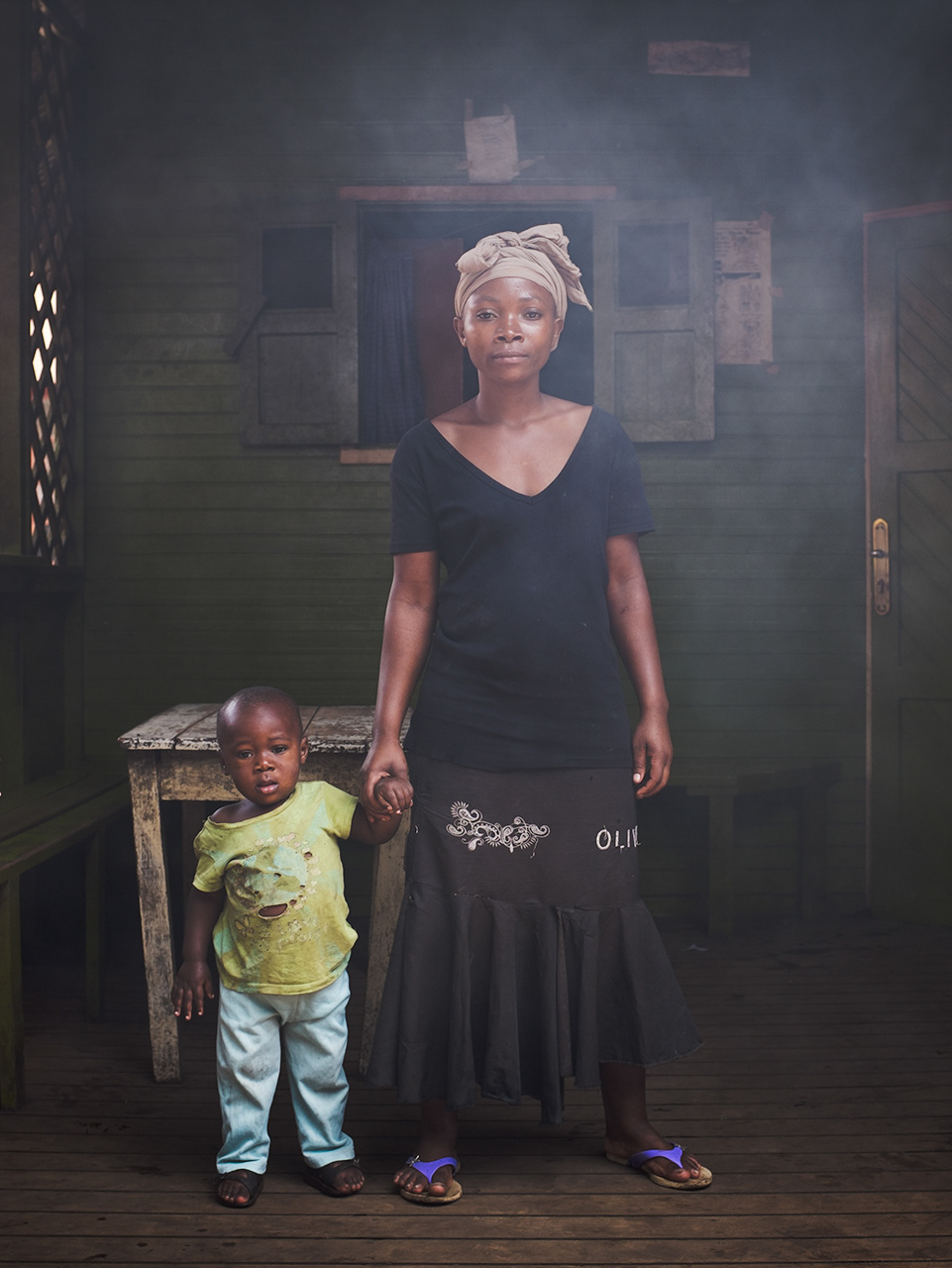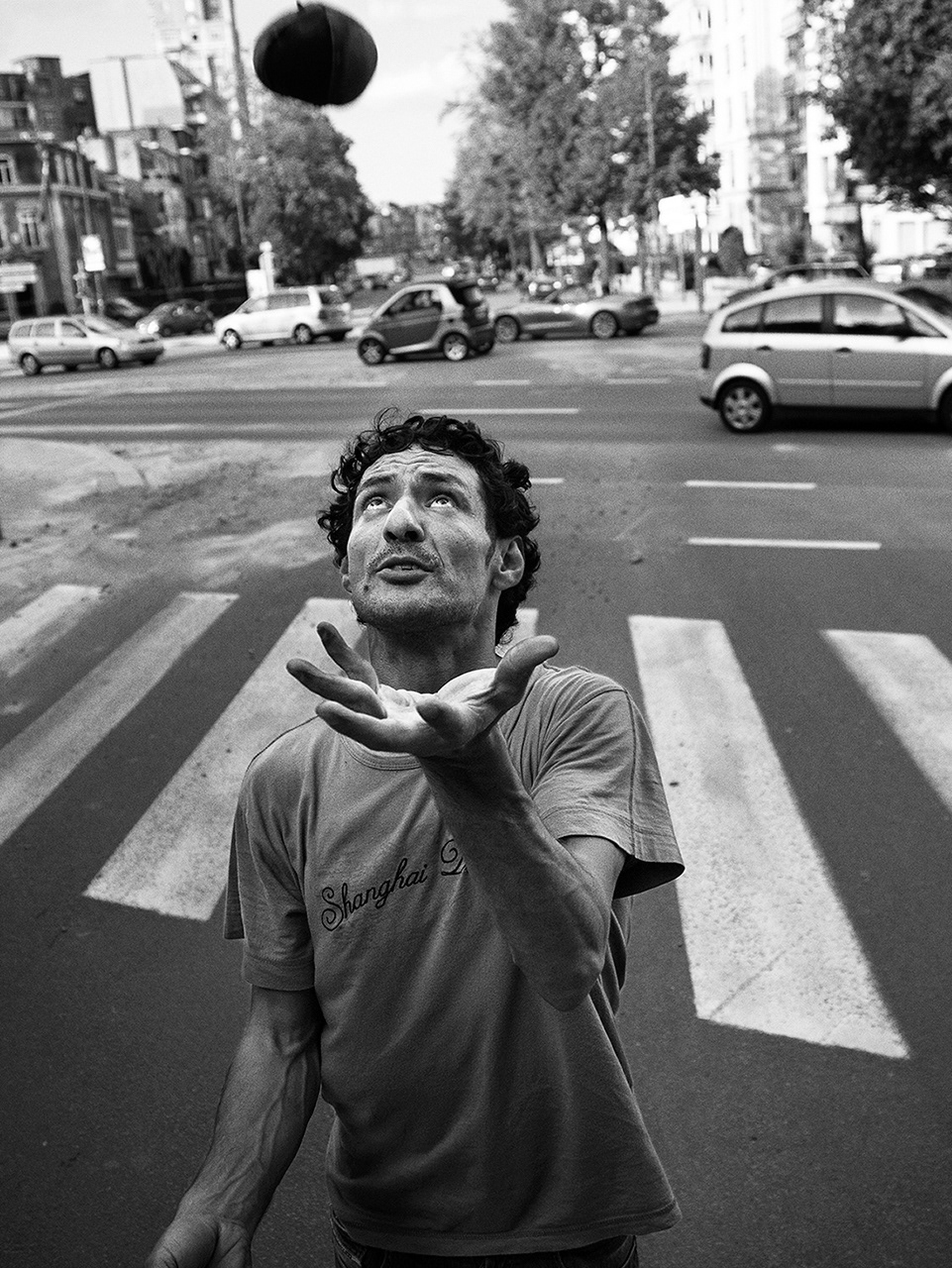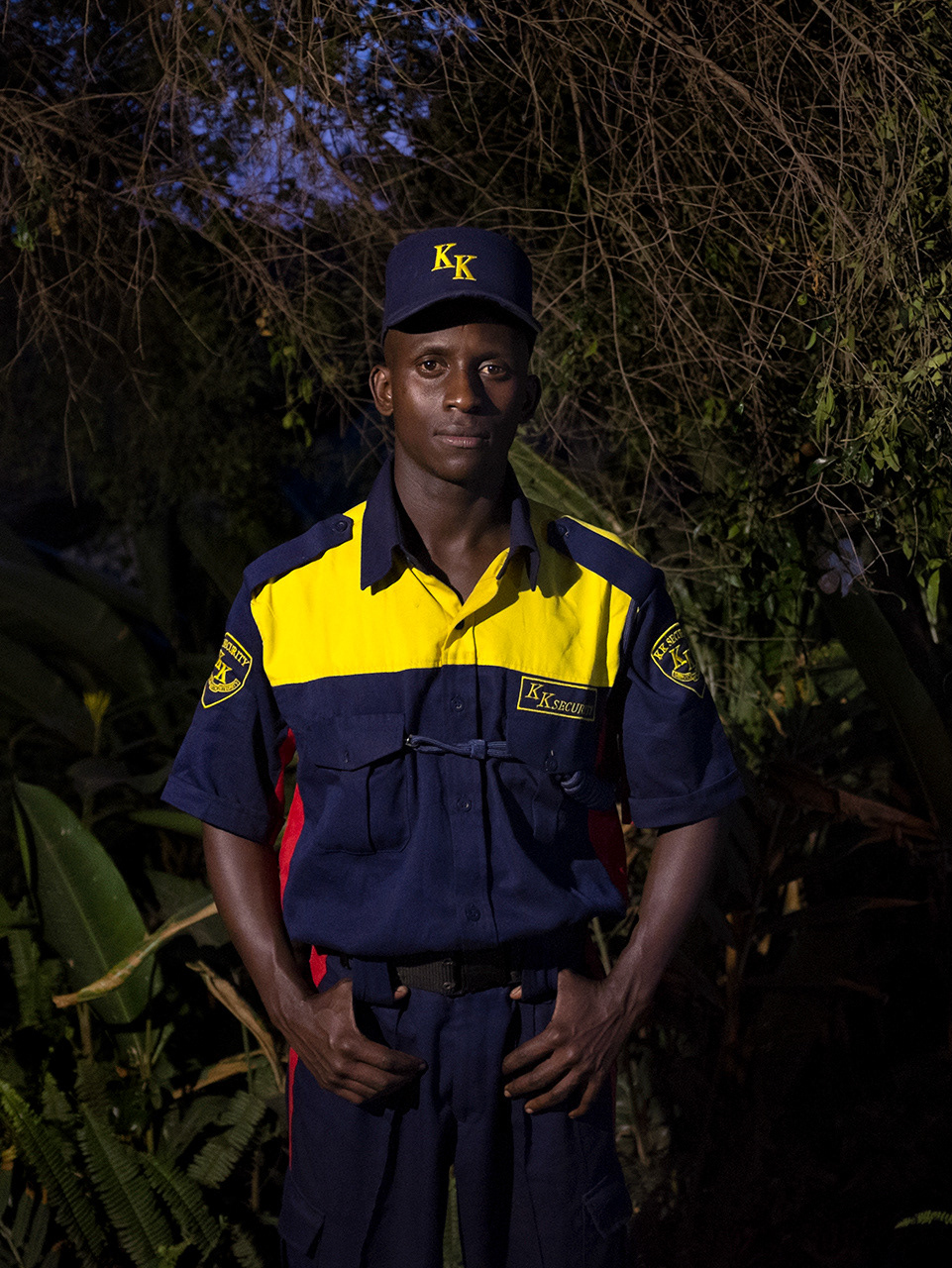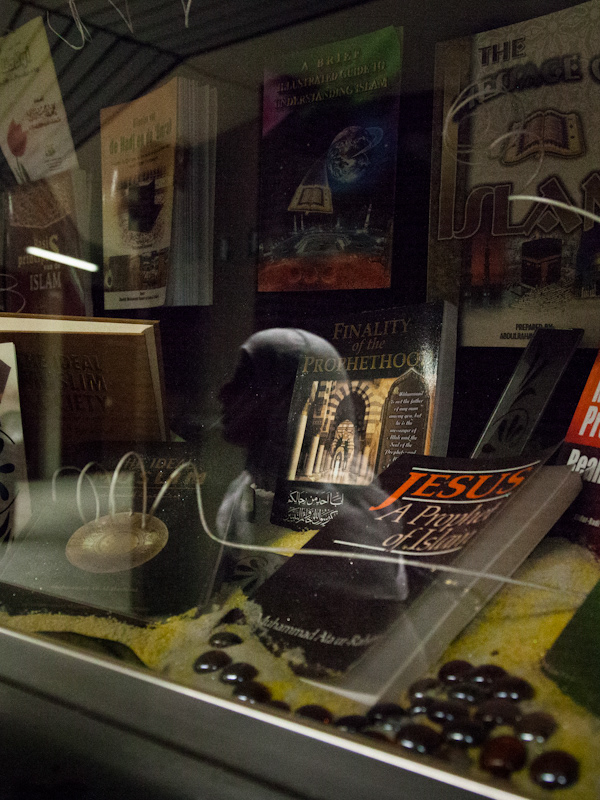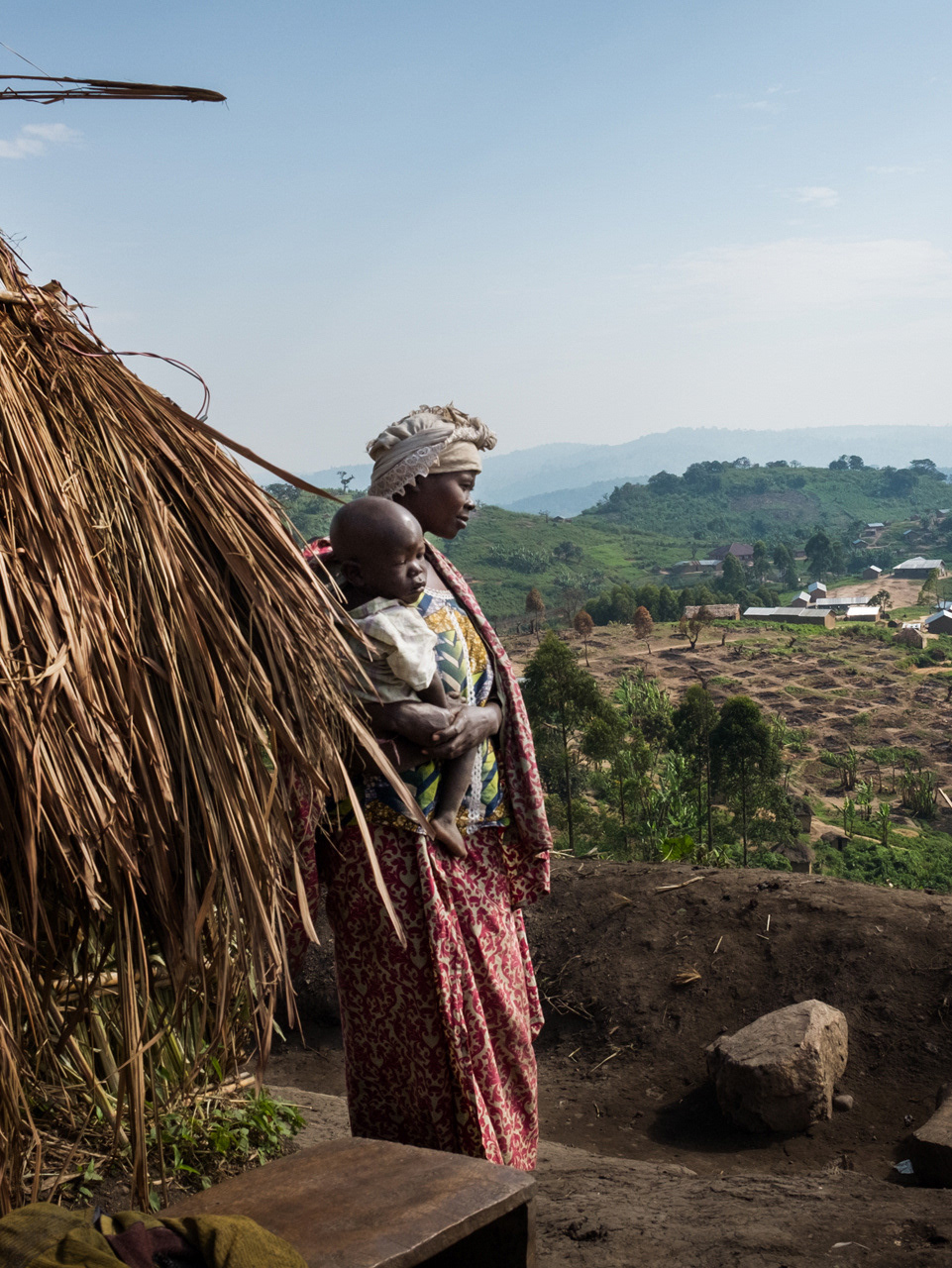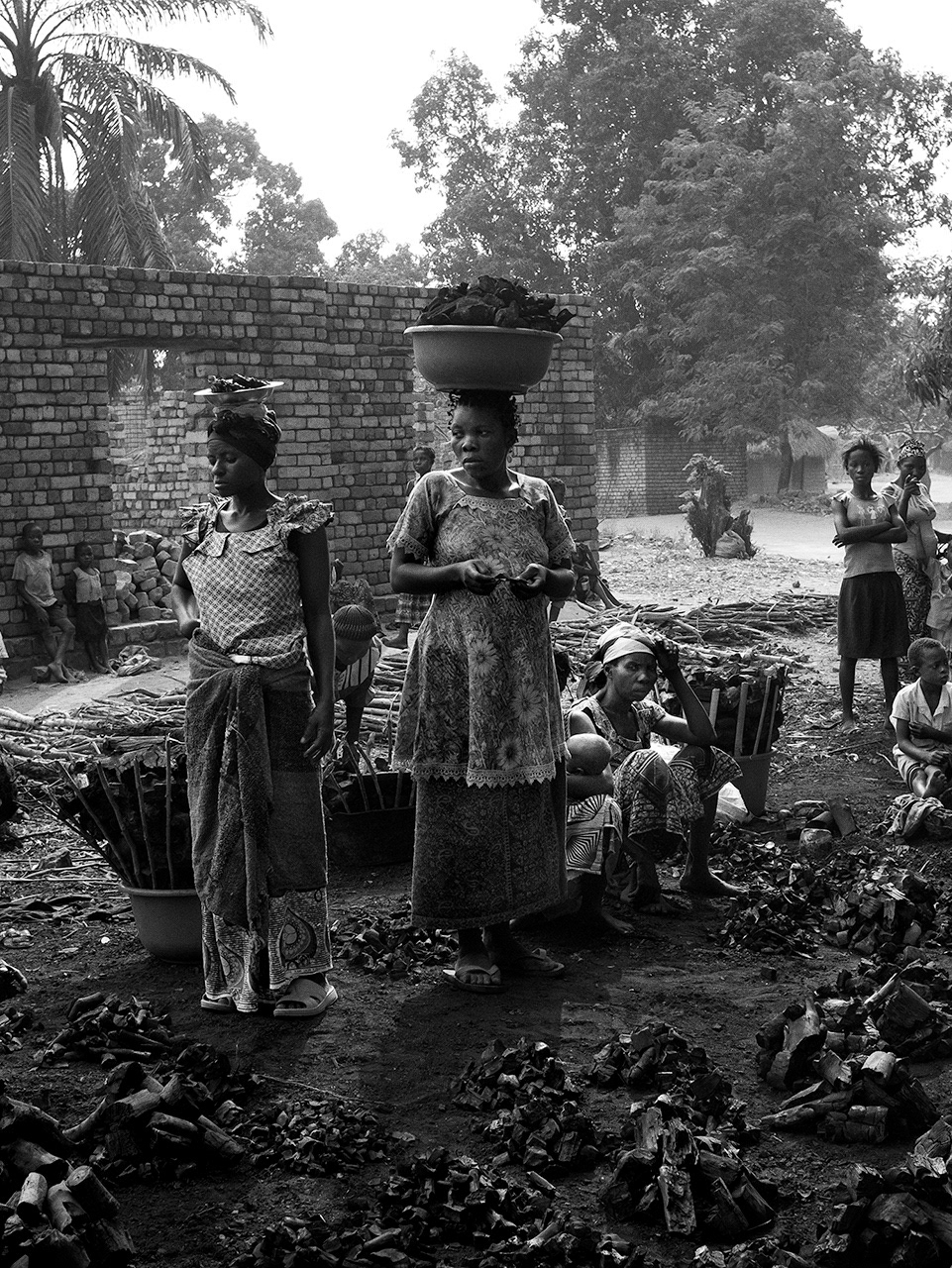On the streets of Kinshasa, the bustling capital of the Democratic Republic of Congo, the Brazilian martial art of capoeira is returning to its ancestral roots.
The discipline, which is a mix of fighting, acrobatics, dance and music, was born in Brazil during the slave trade period. At the time, slaves deported from the Kingdom of Kongo practiced Libanda, a type of traditional wrestling that was banned by the colonisers. So the slaves gave this wrestling the appearance of folk dance, in order to be able to continue to practice.
In recent years, capoeira has found its way back to its roots and is now practiced in the streets of Kinshasa. This return can be tracked back to a few years ago. A group of young fans, among which Yannick N'Salambo de Wouters, a computer engineer passionated by martial arts, started to learn the movements and rhythms from videos on youtube. Soon, they moved on from learning on internet to sharing their knowledge and passion by organizing free courses in different neighborhoods; courses that quickly attracted a large number of shégués, orphans and other young people from poor families. A few years later, partnership with UNICEF were established to help reinsert former child-soldiers from the East of the DRC.
Practicing capoeira gave those children the chance to discover much more than just a sport: capoeira teaches them fundamental values such as respect, listening, sharing, and self control. Above all, capoeira introduces them to a 'family' of likeminded people, where everyone can demonstrate their skills and talents to the others, infusing a sense of pride and hope that they can become somebody.
